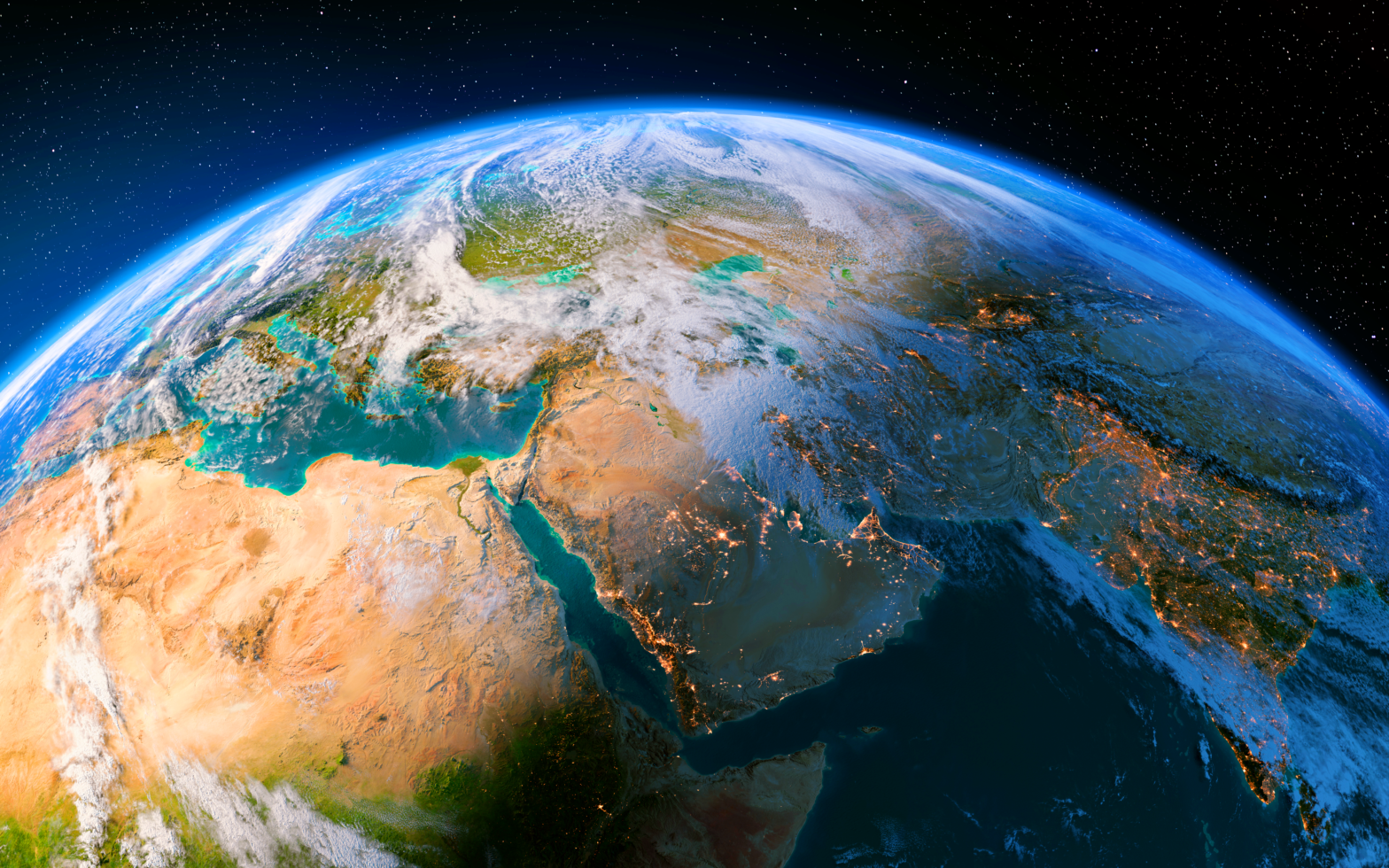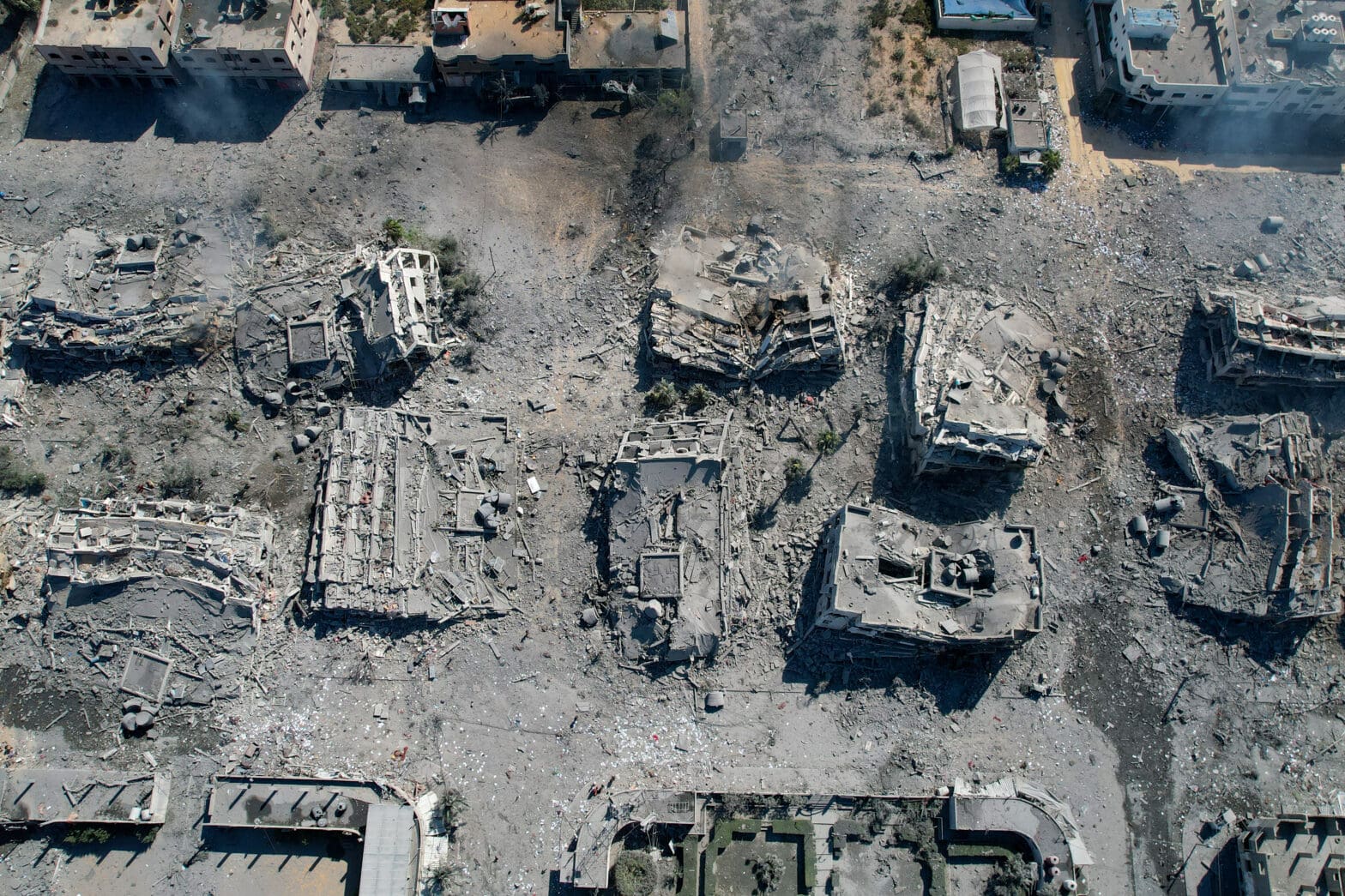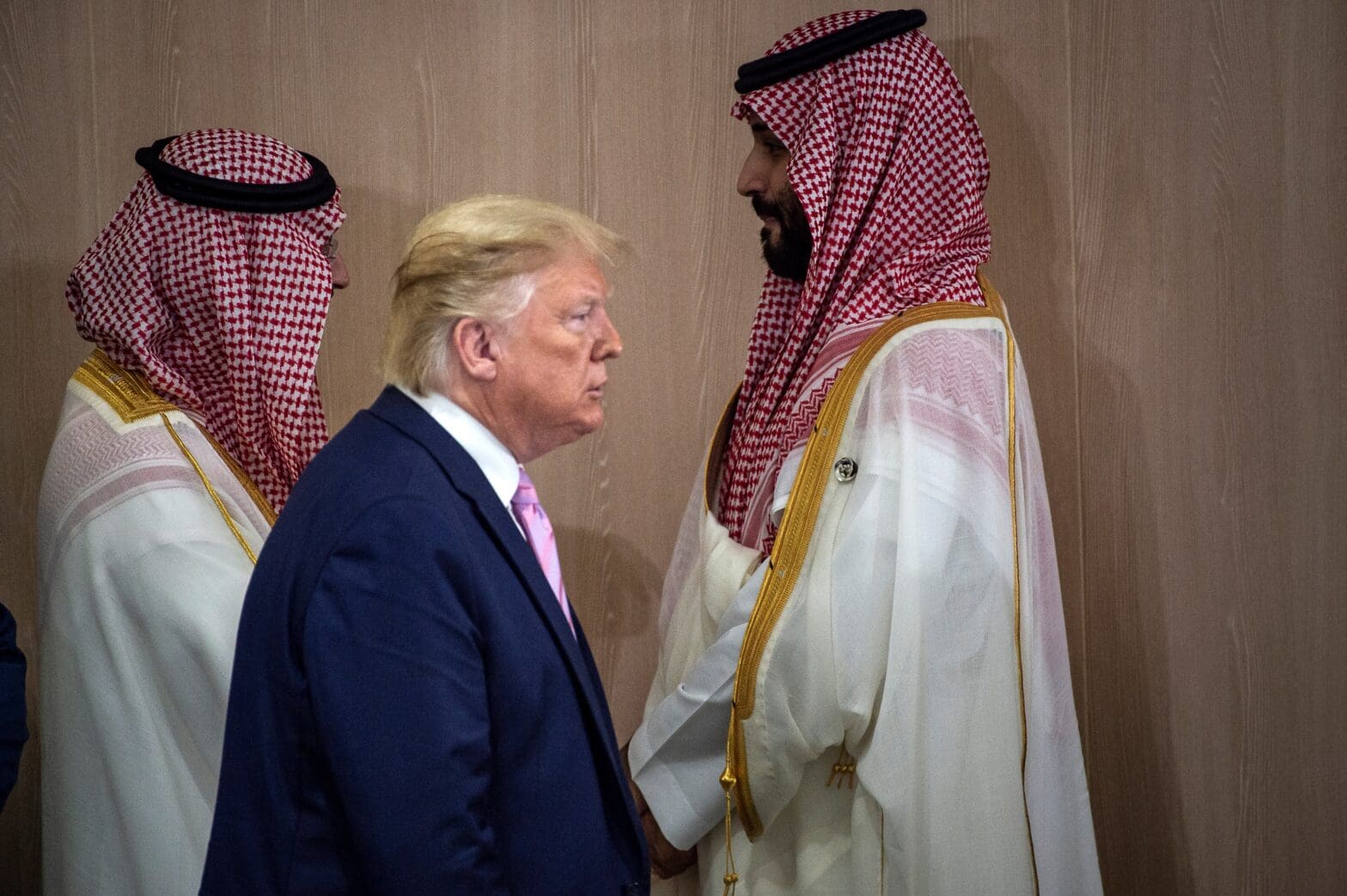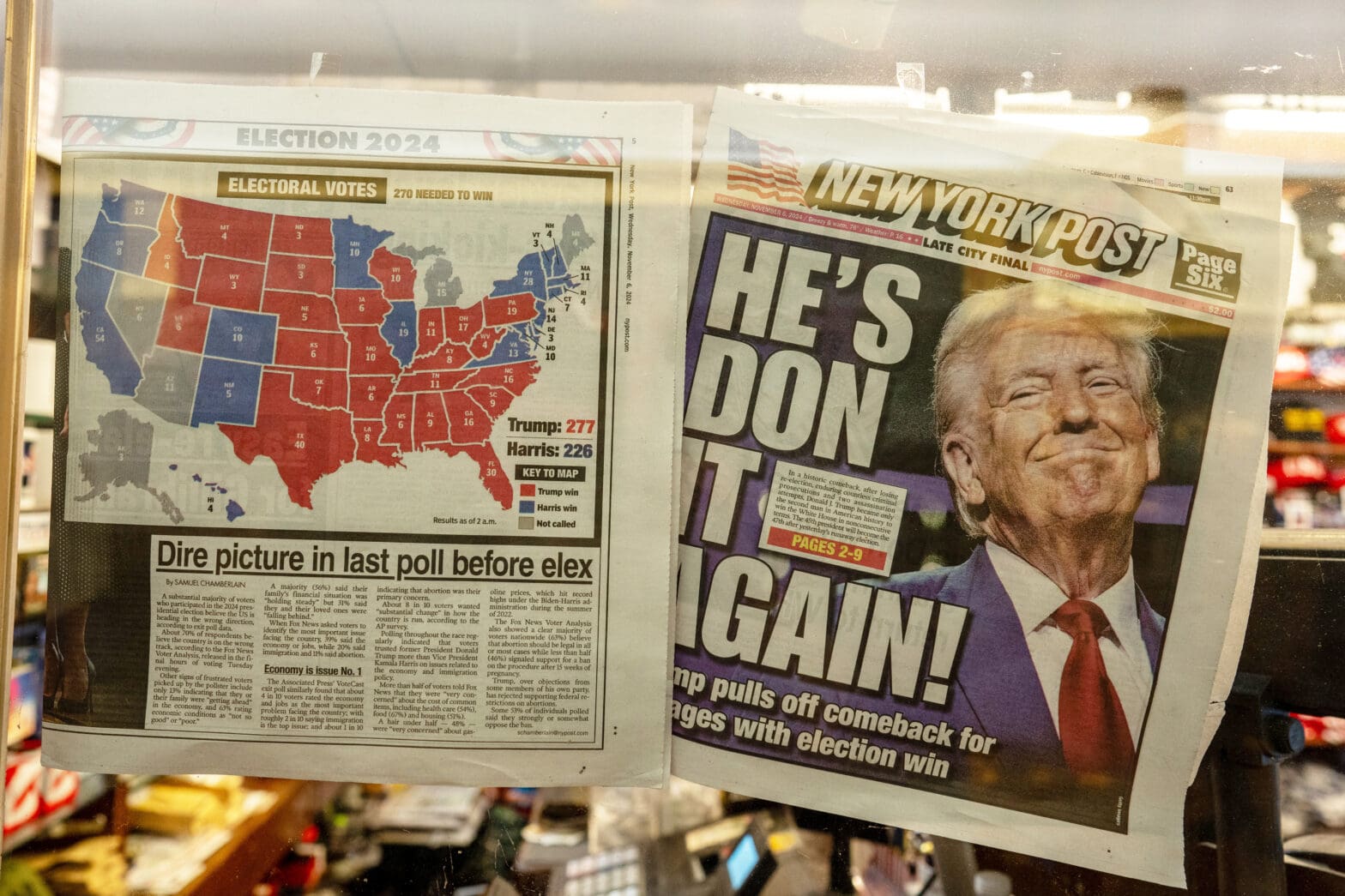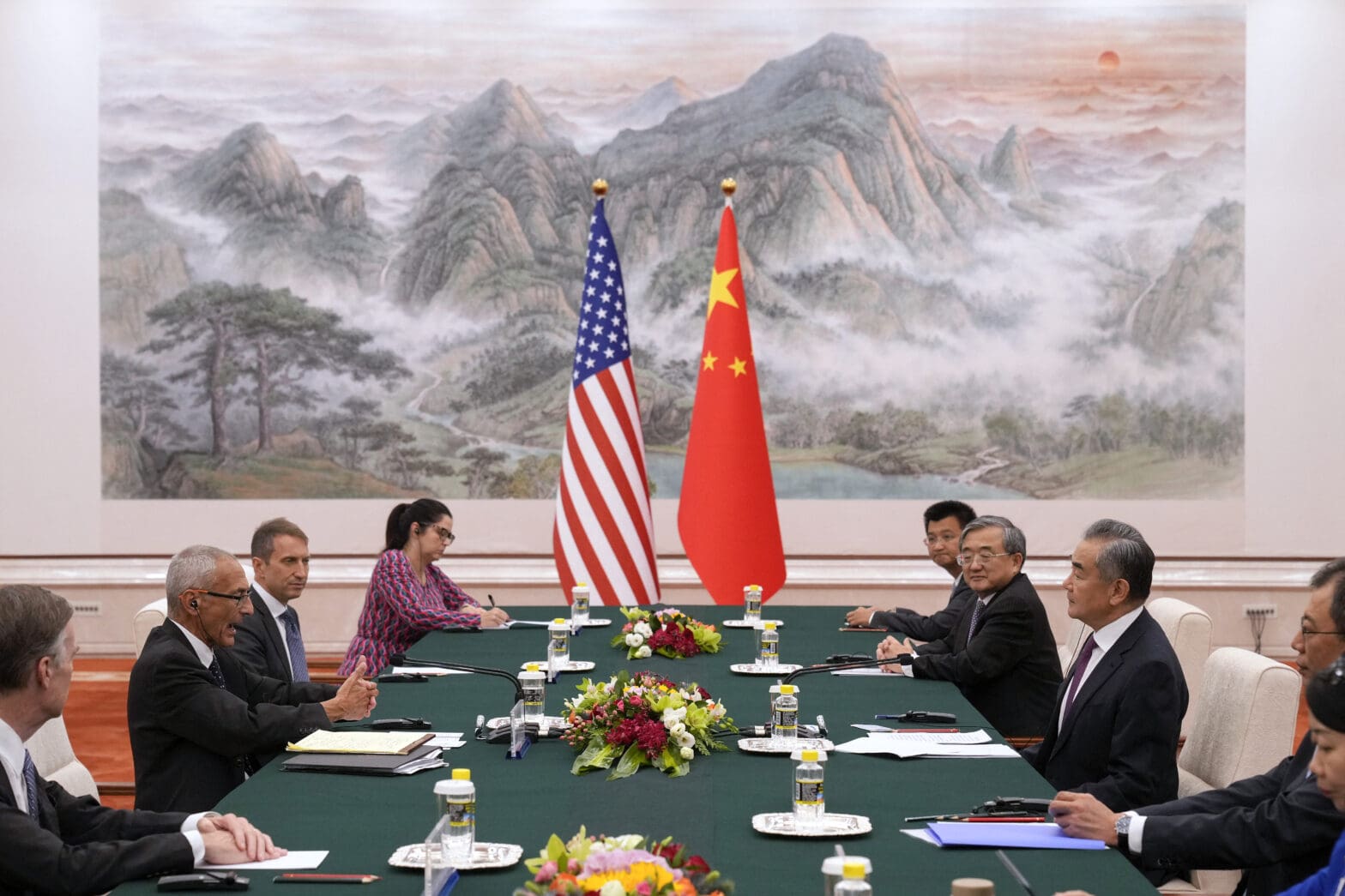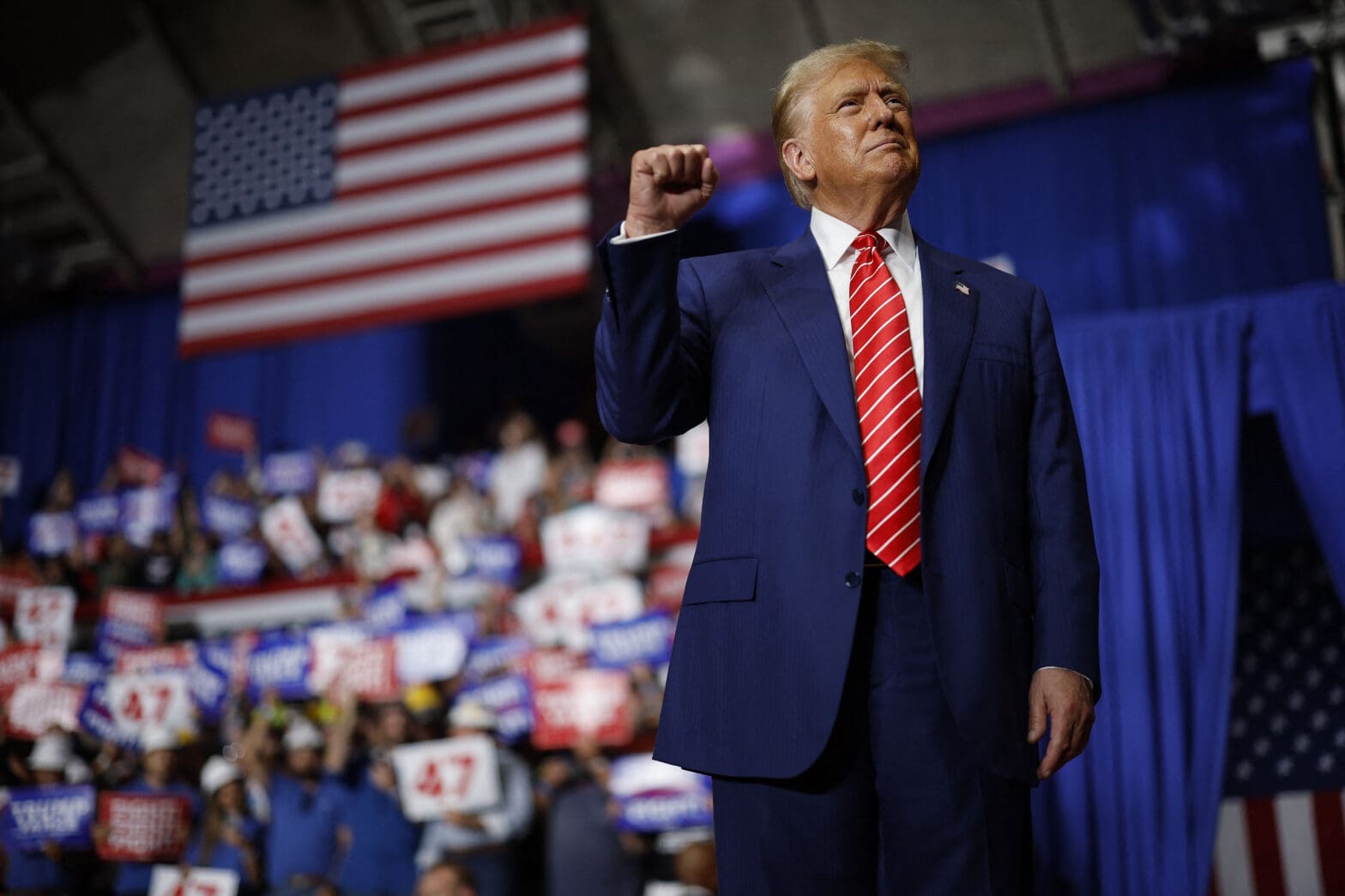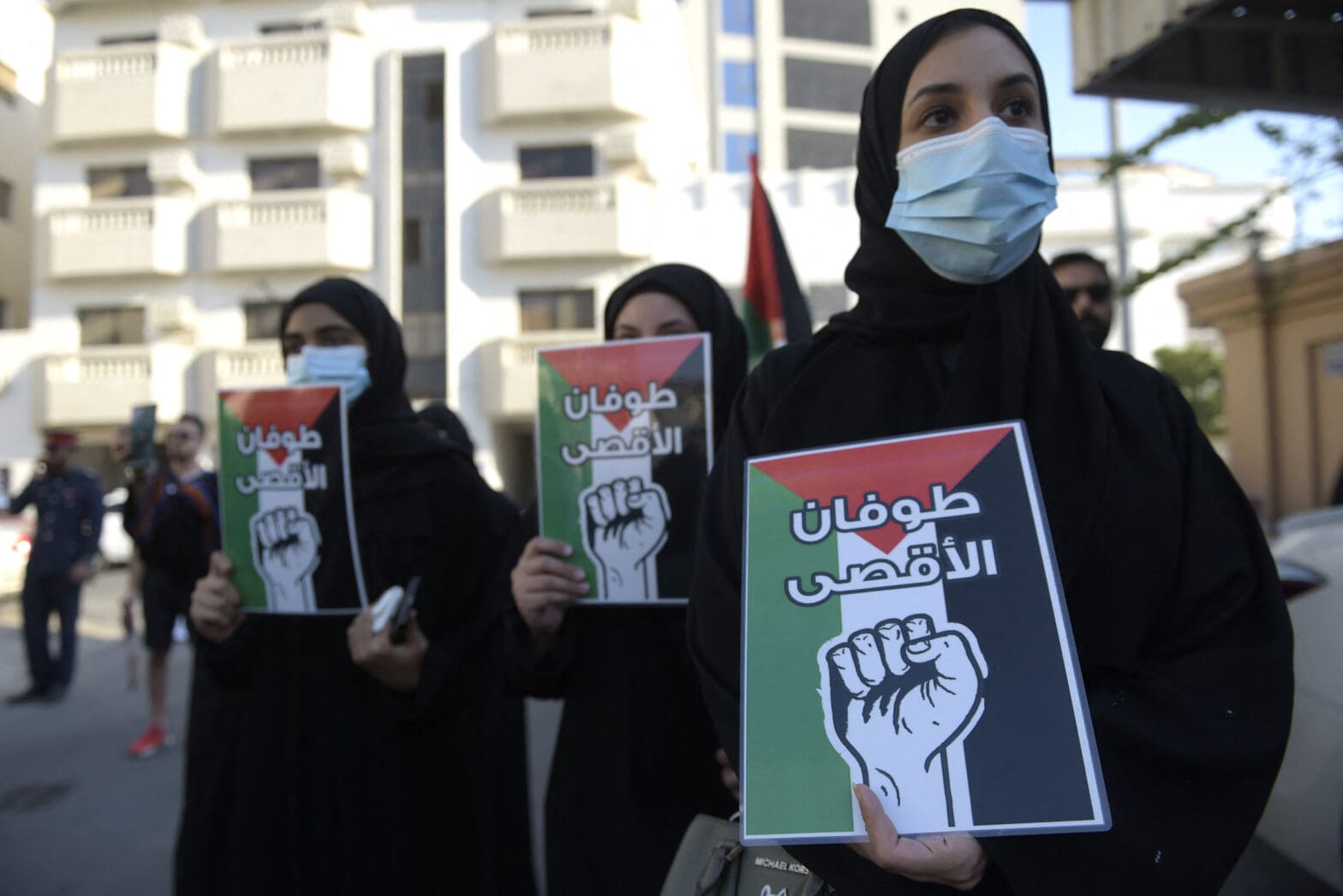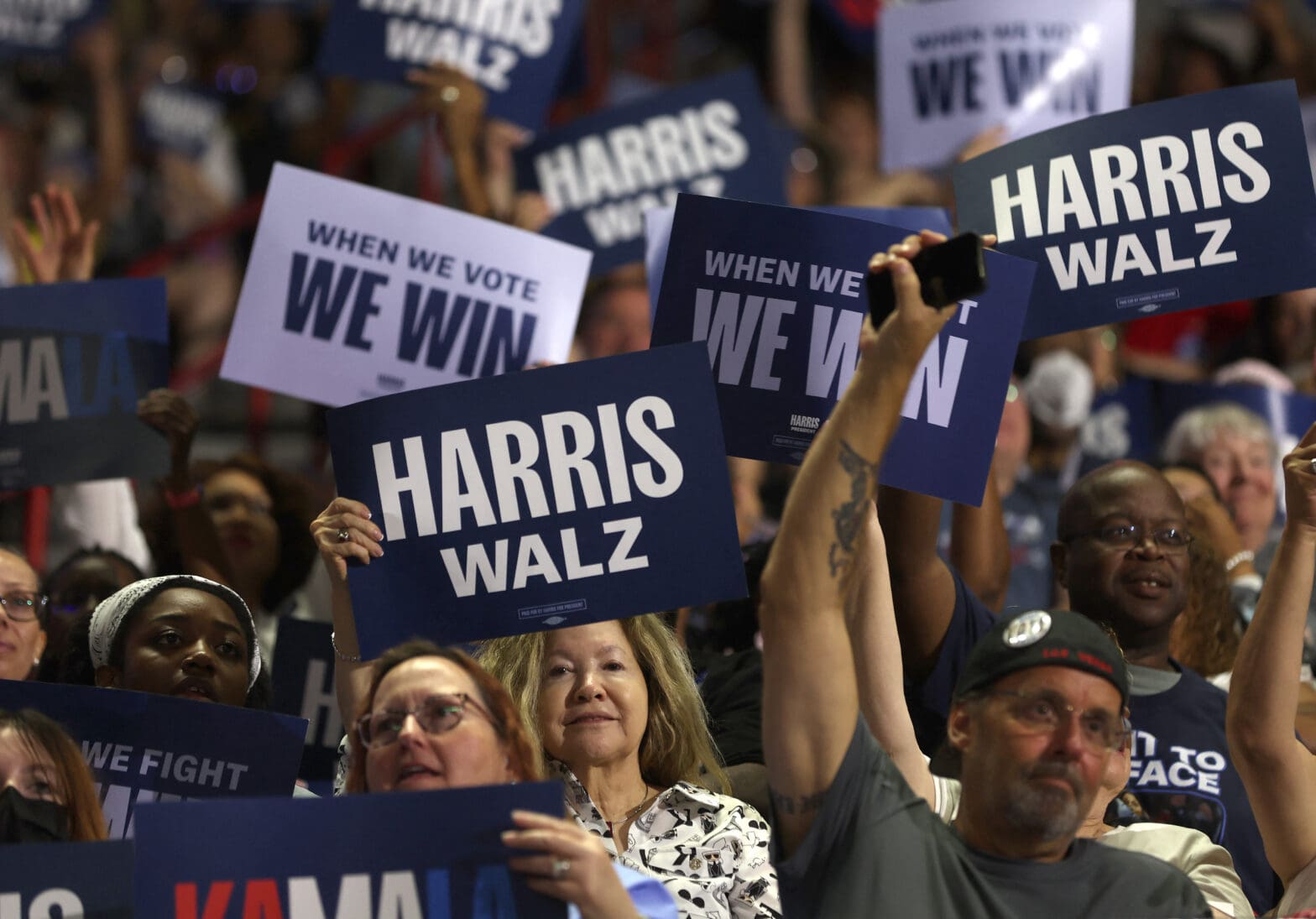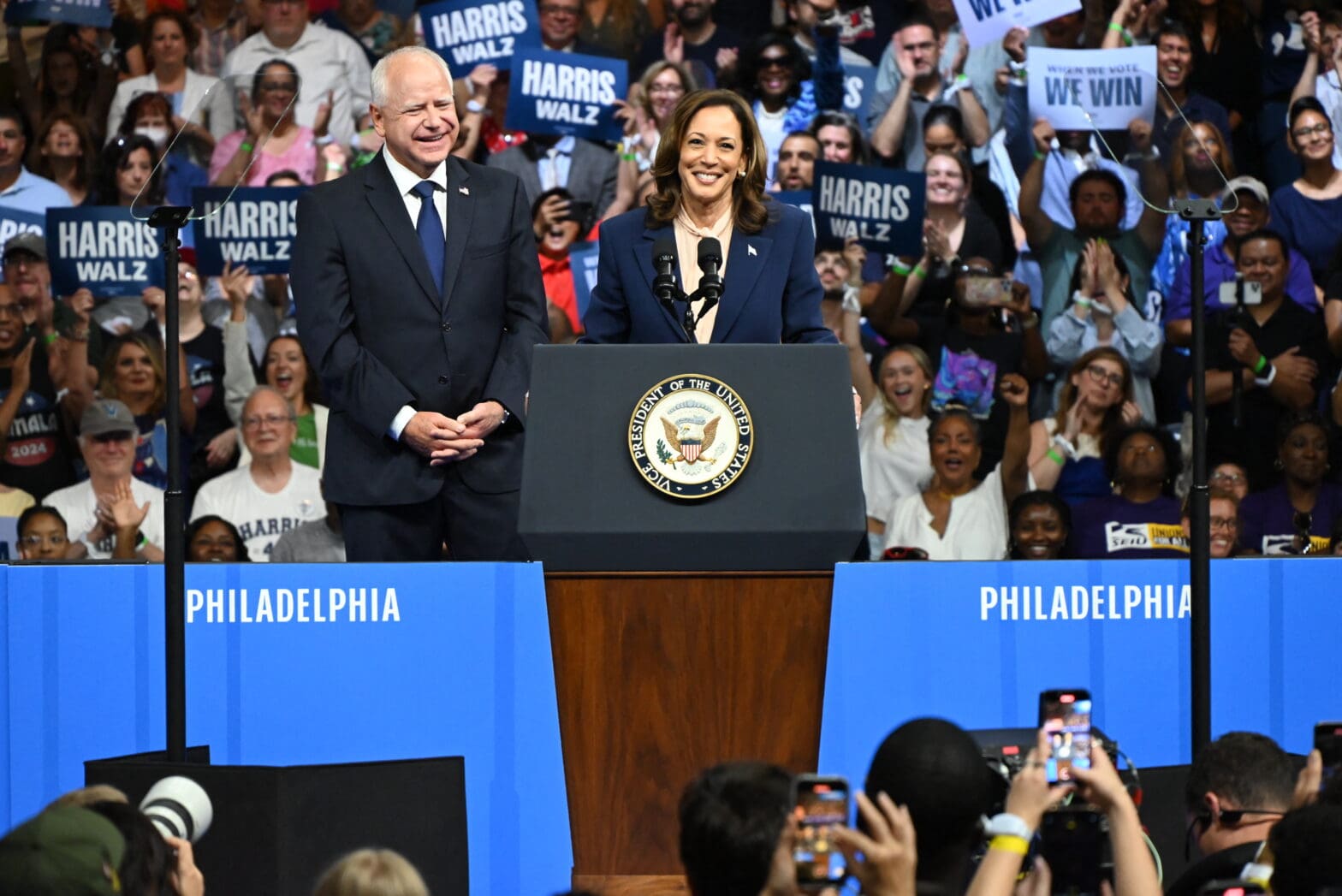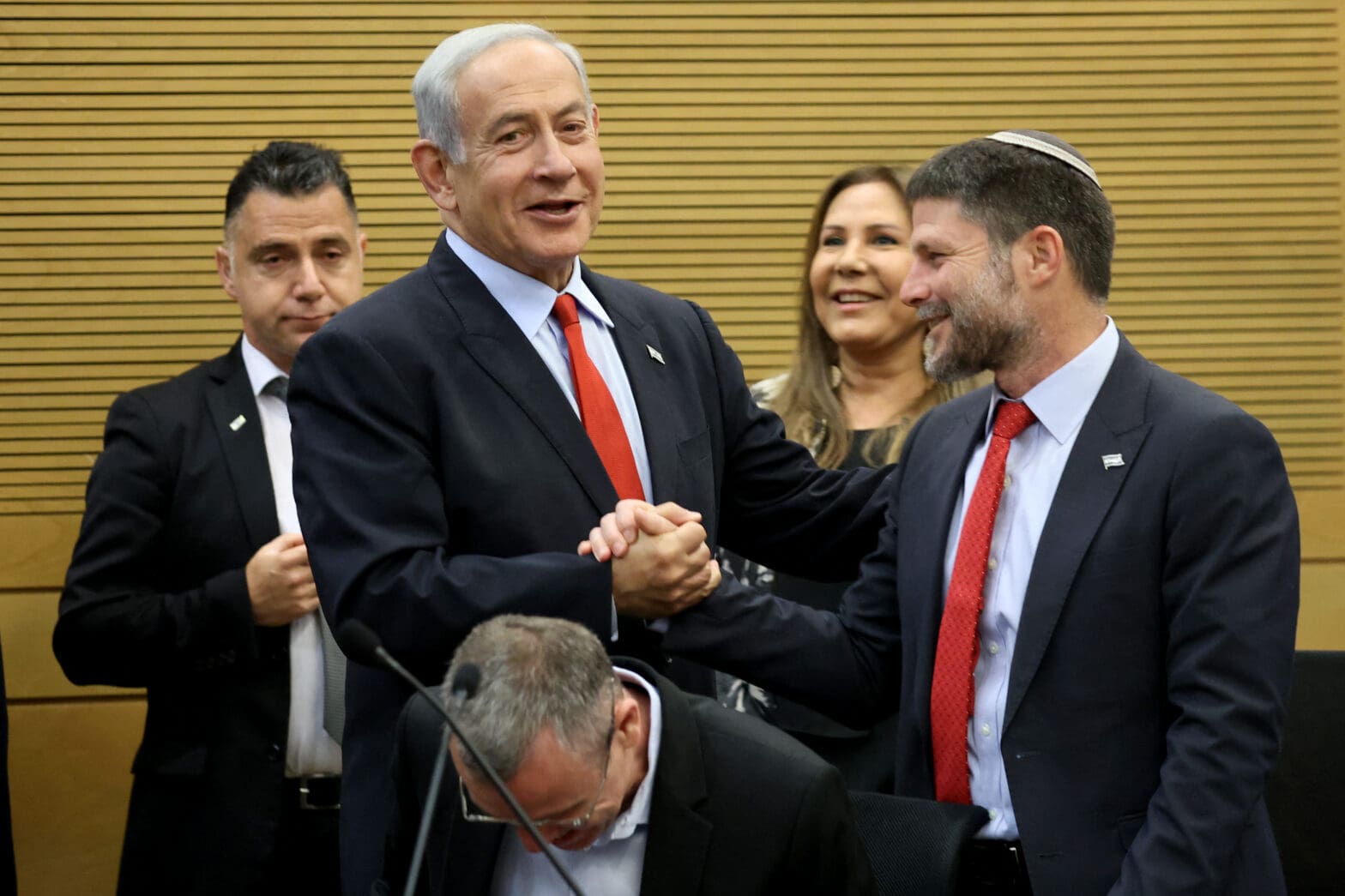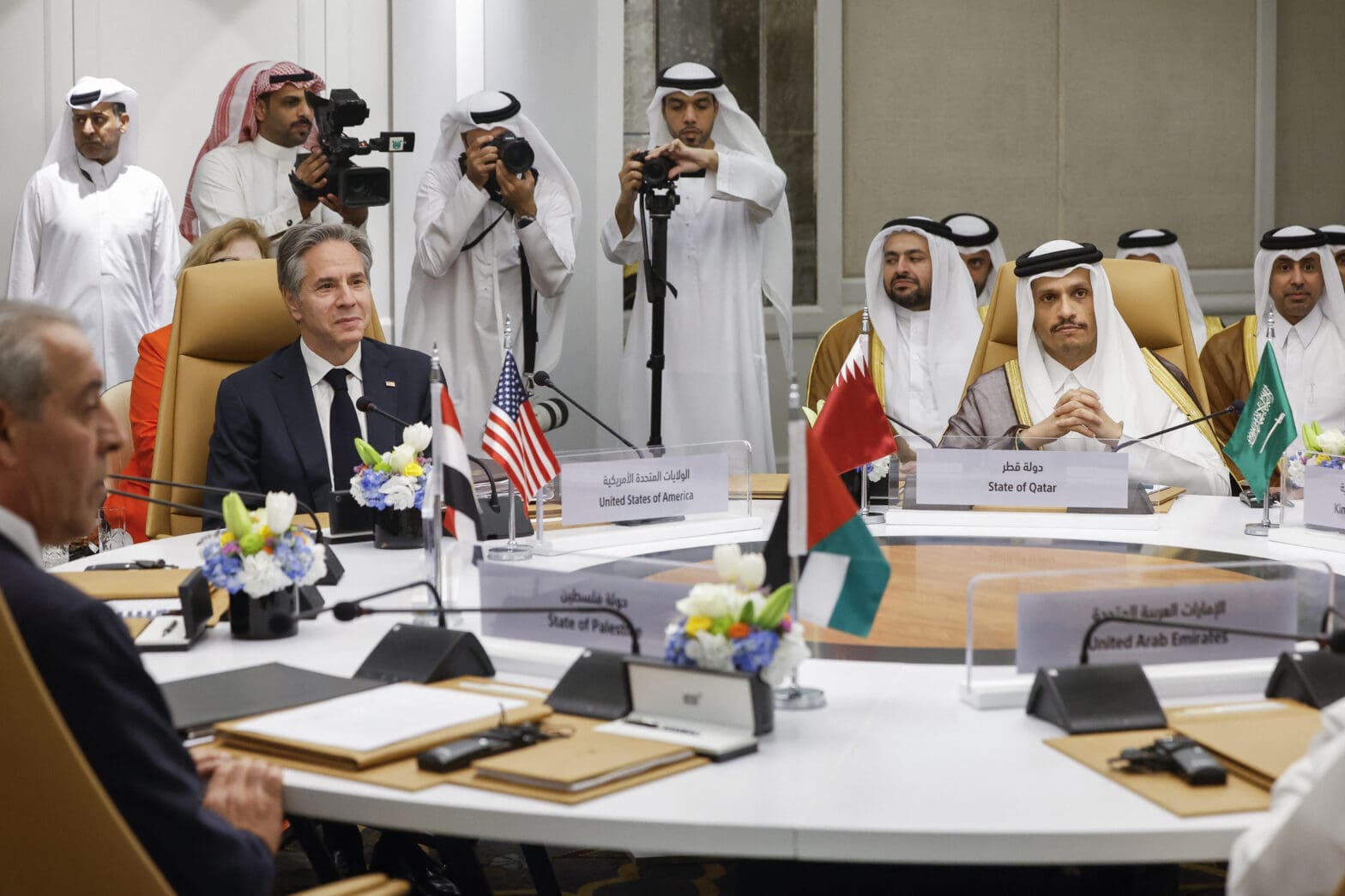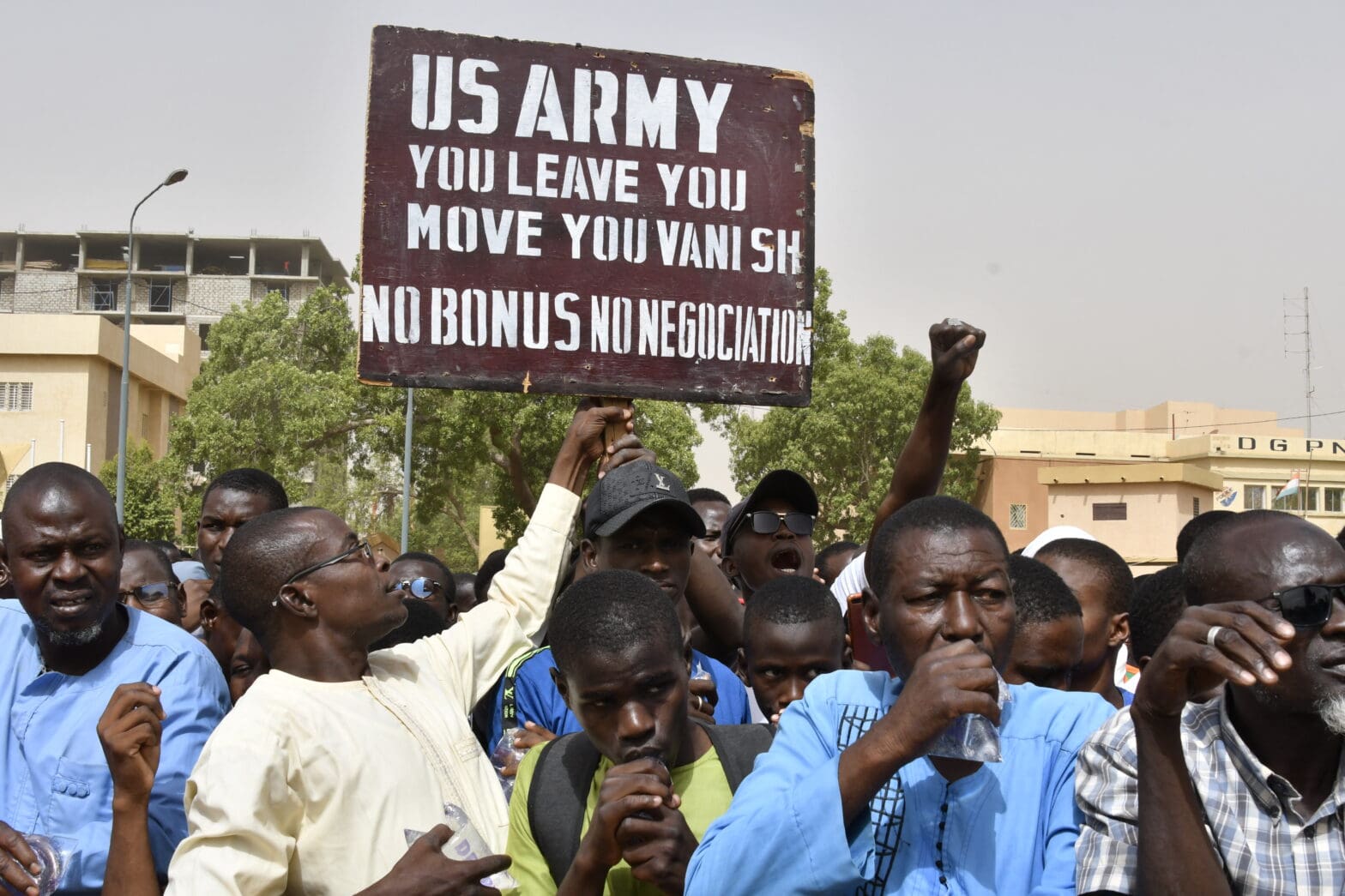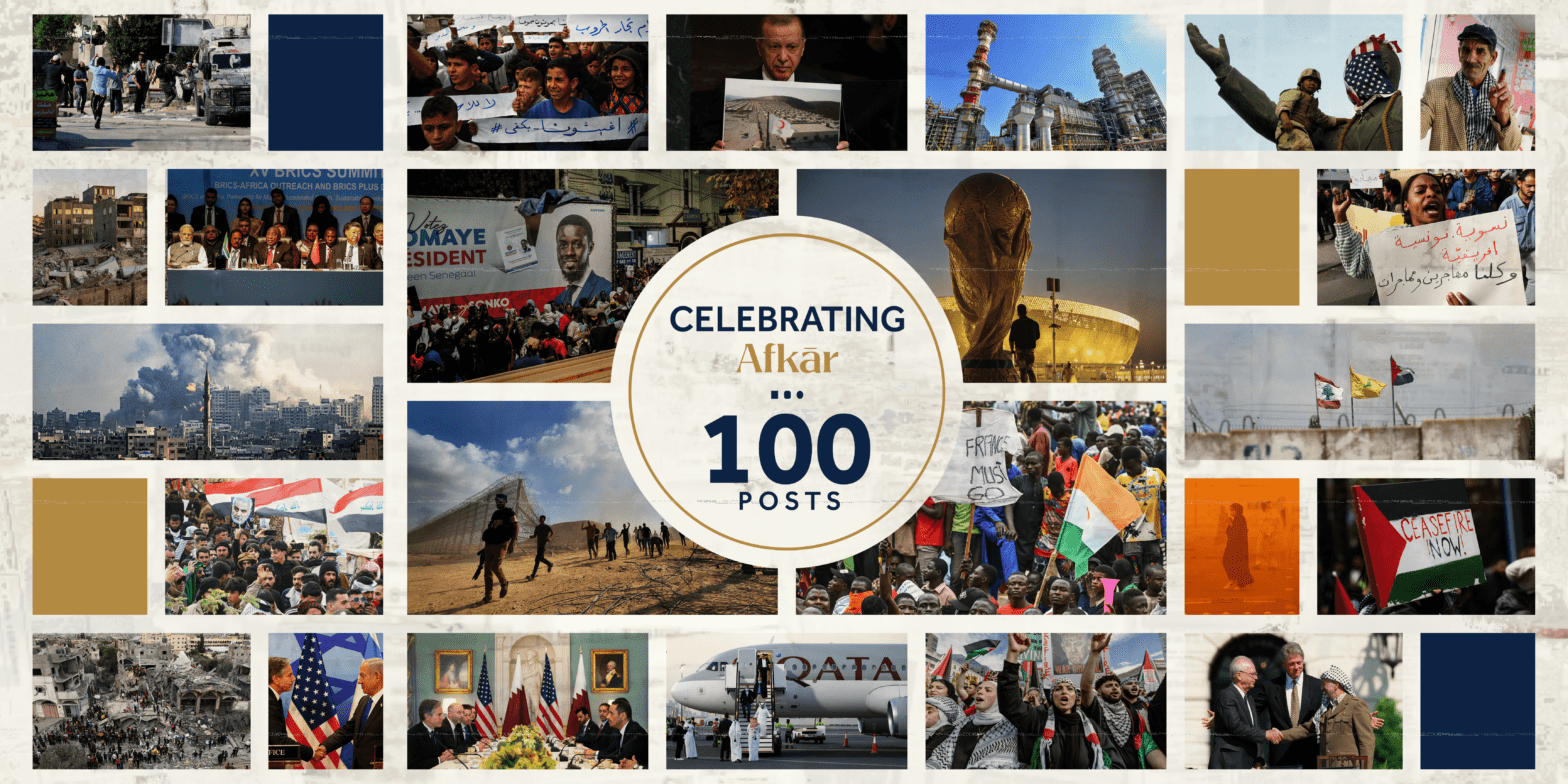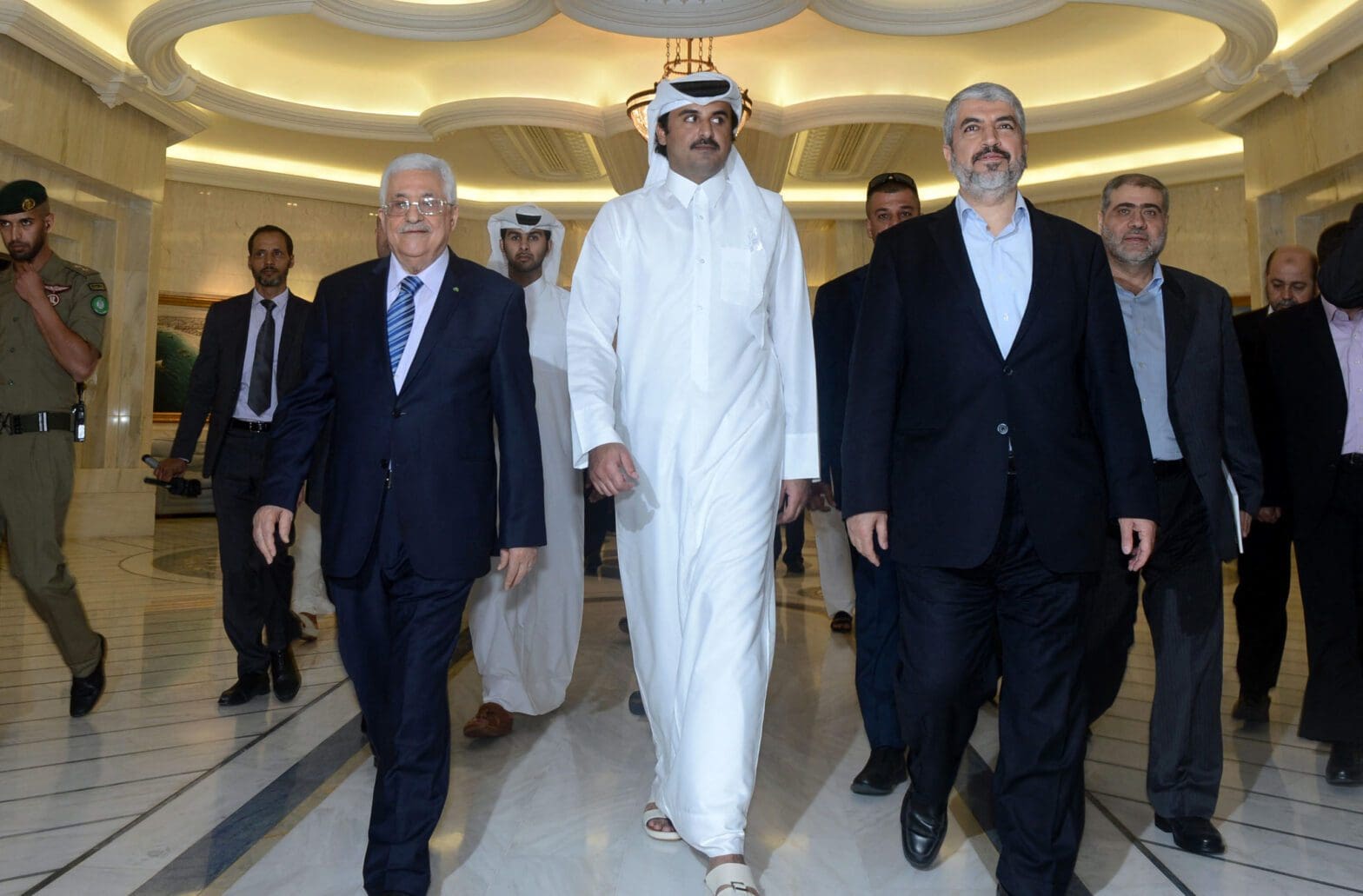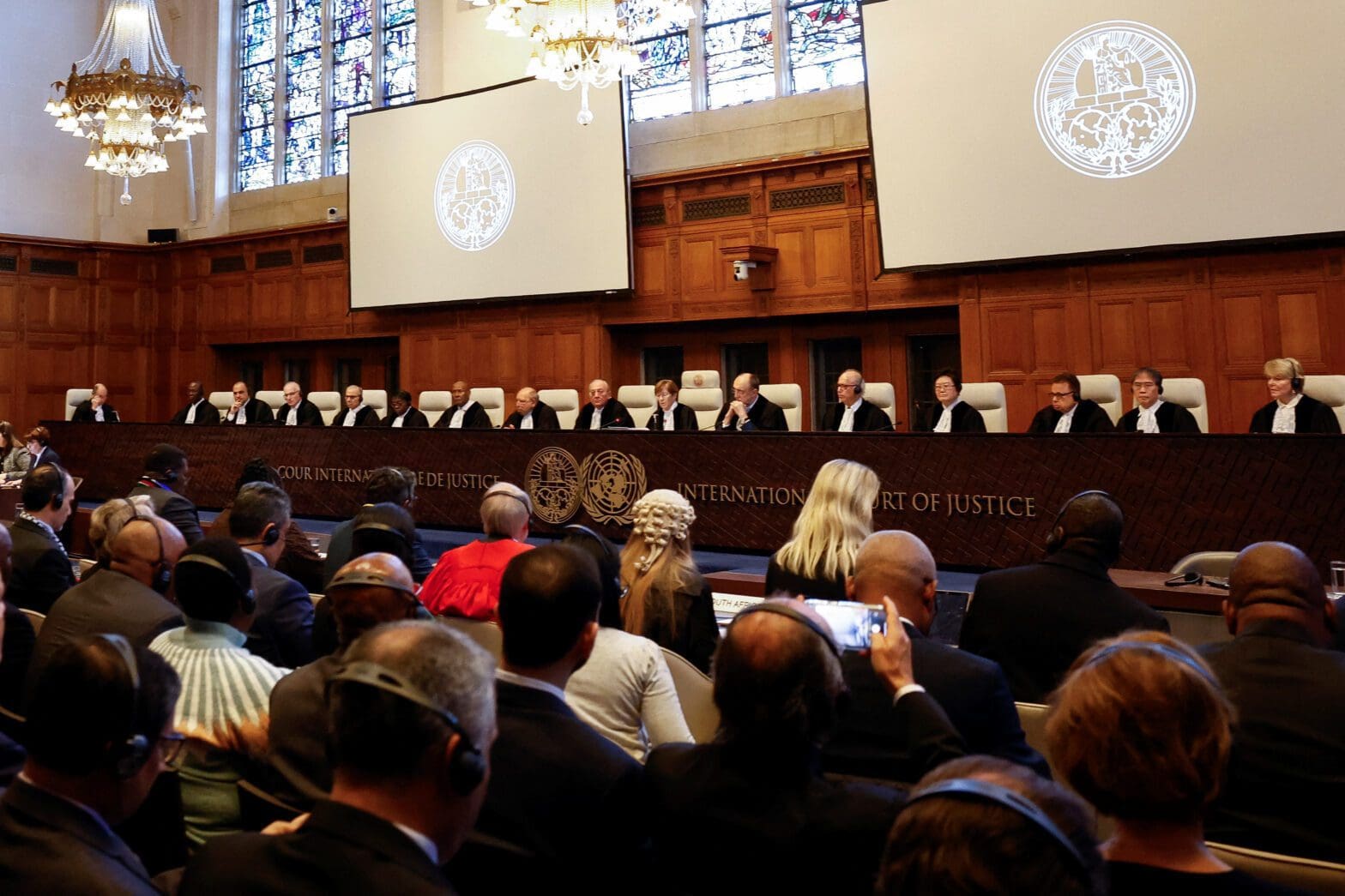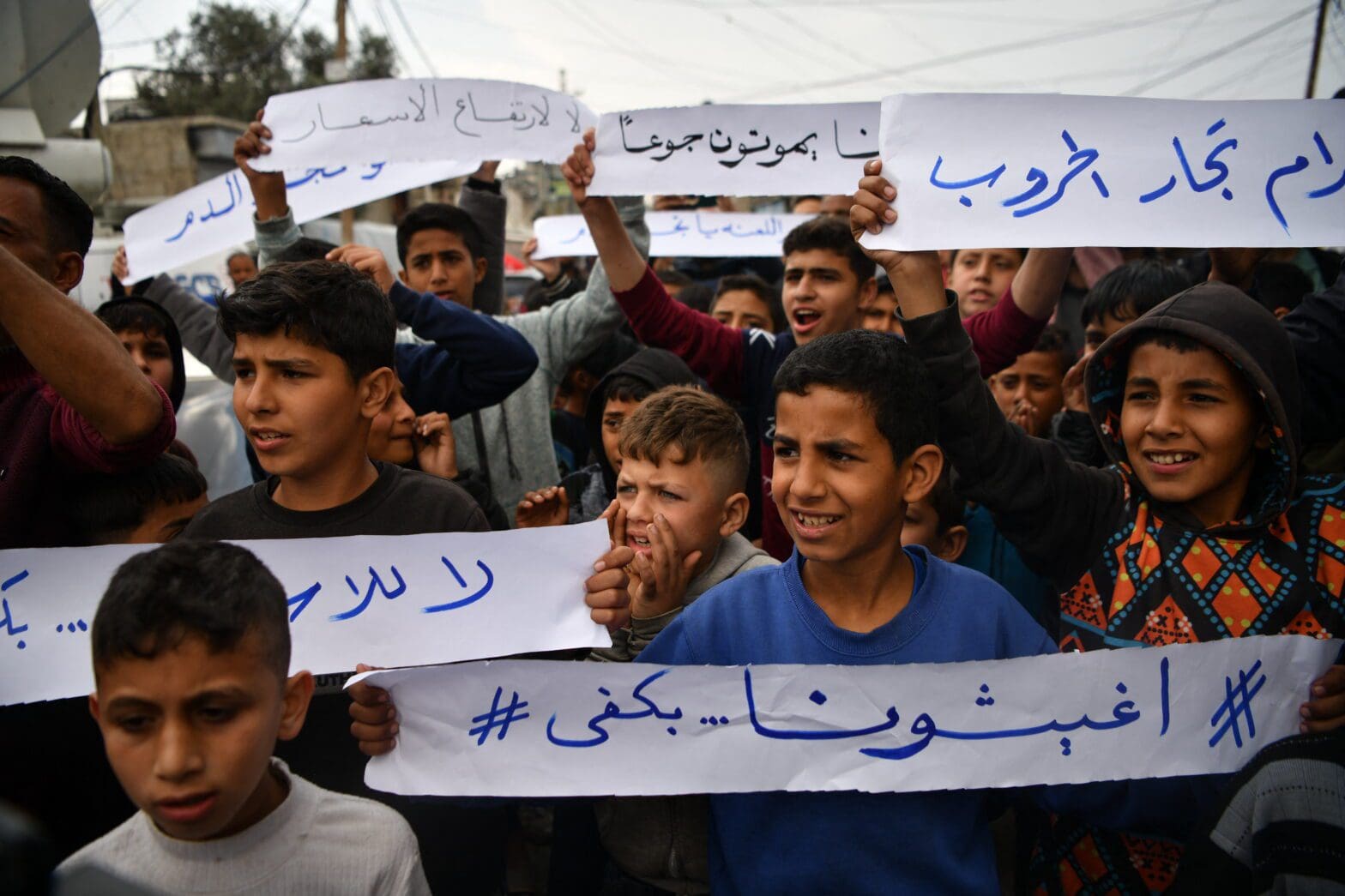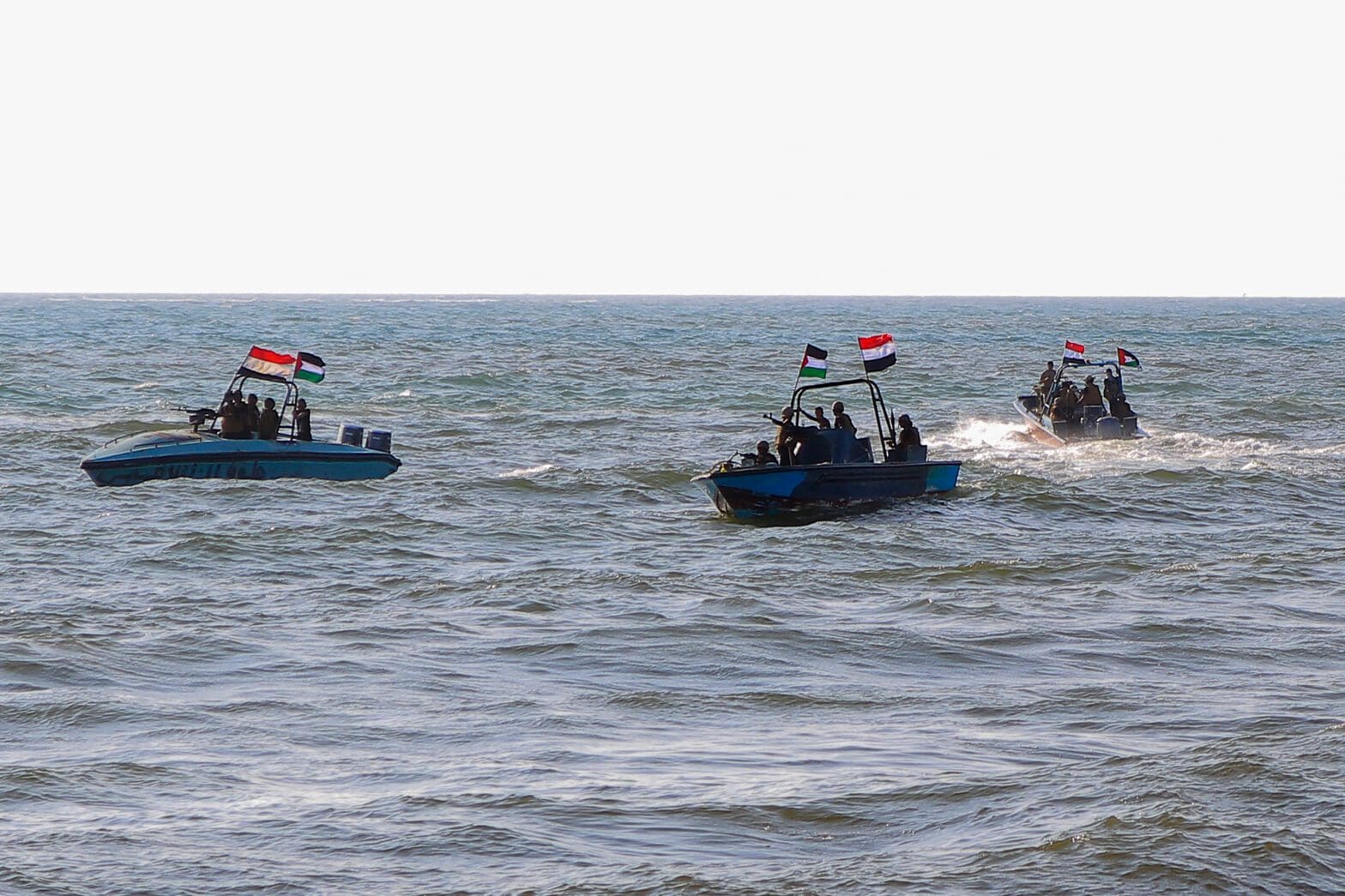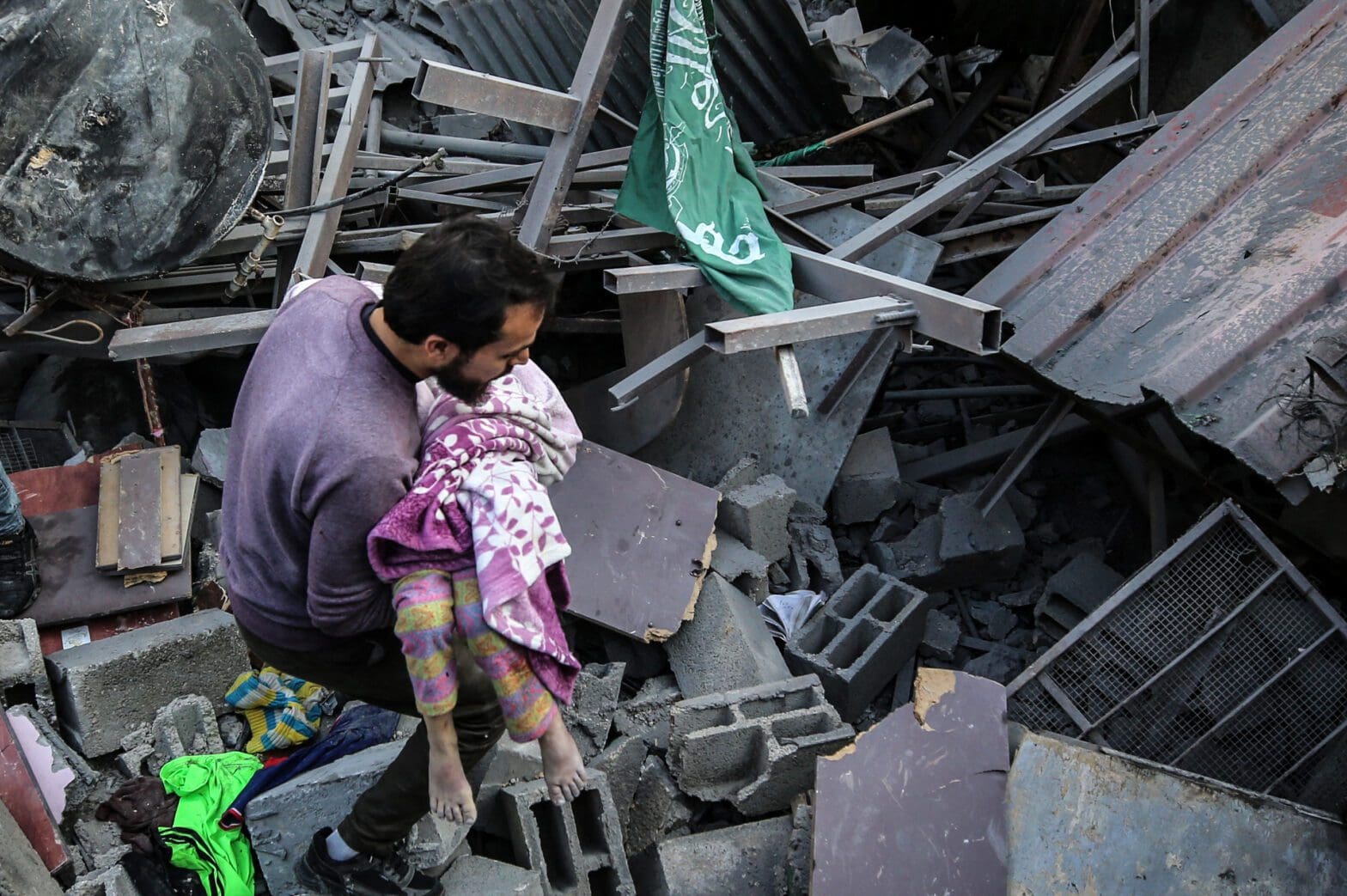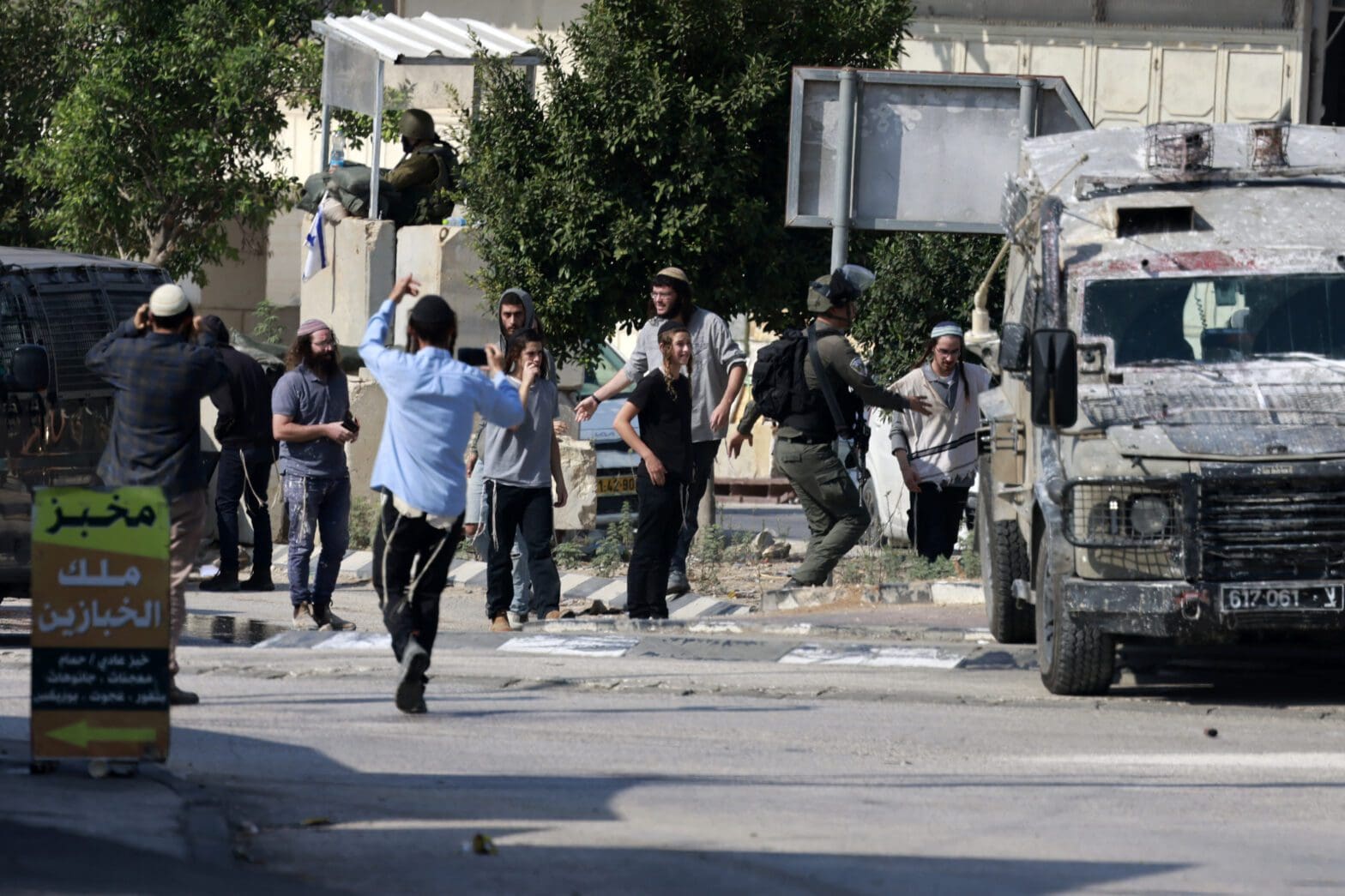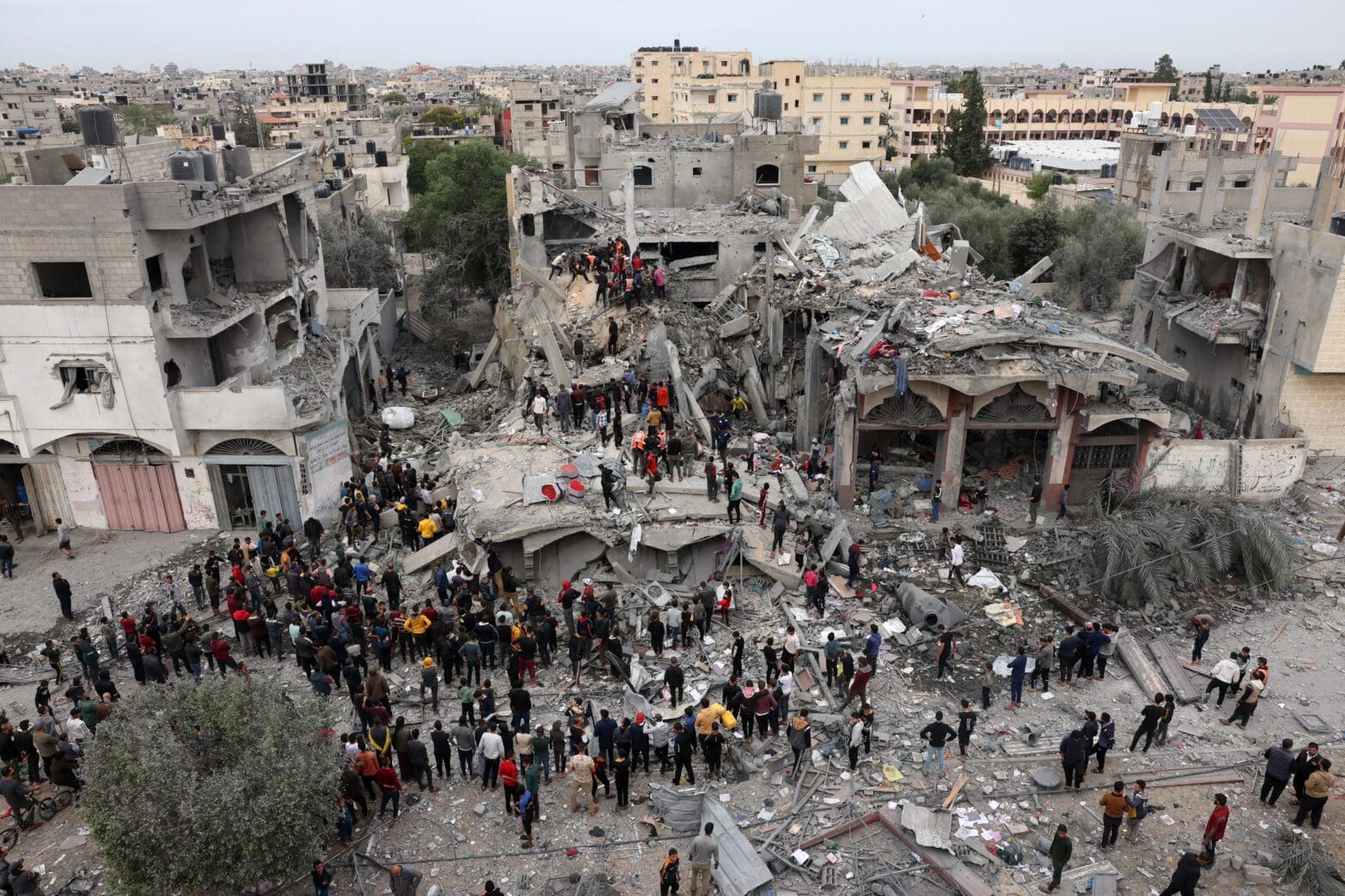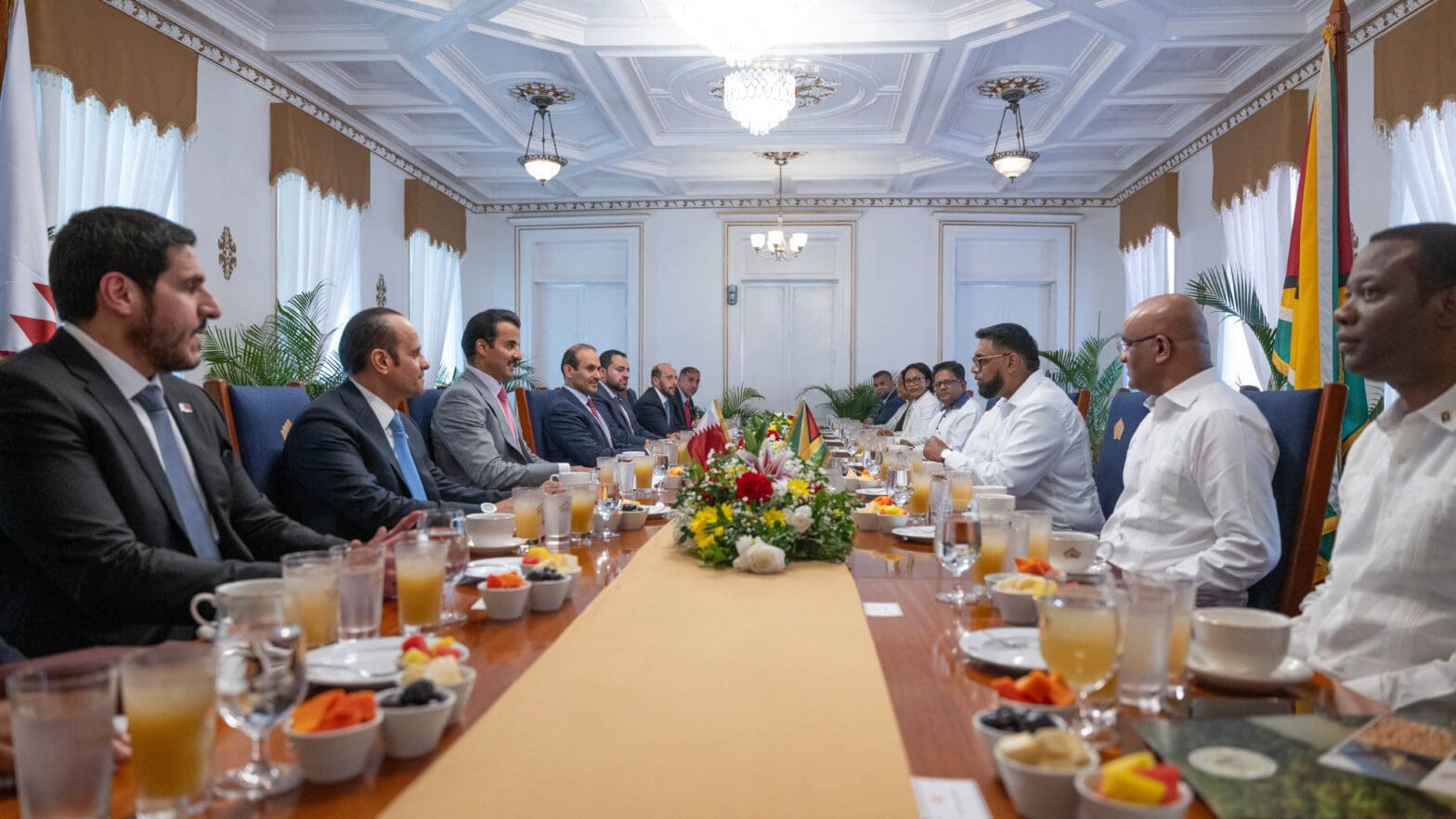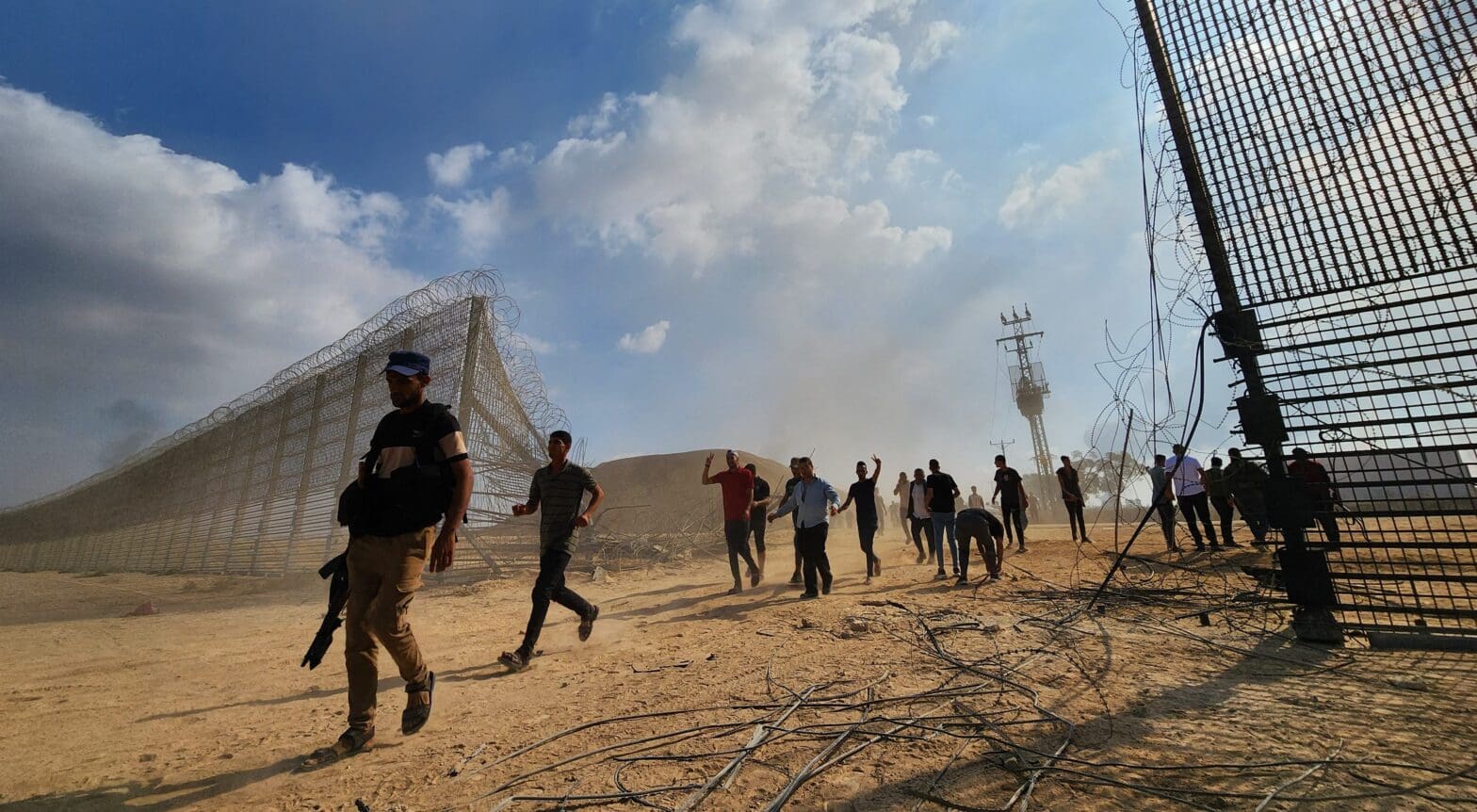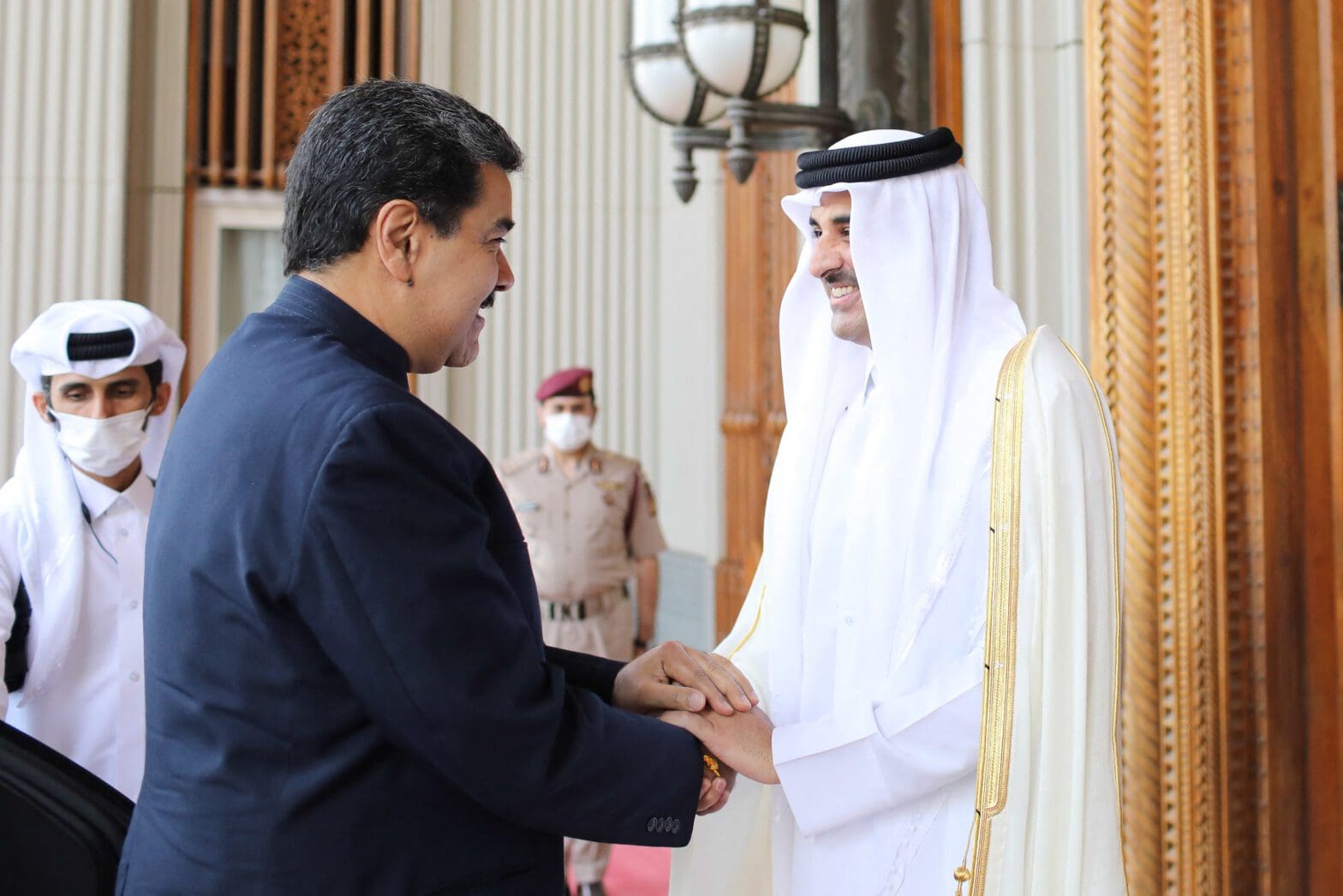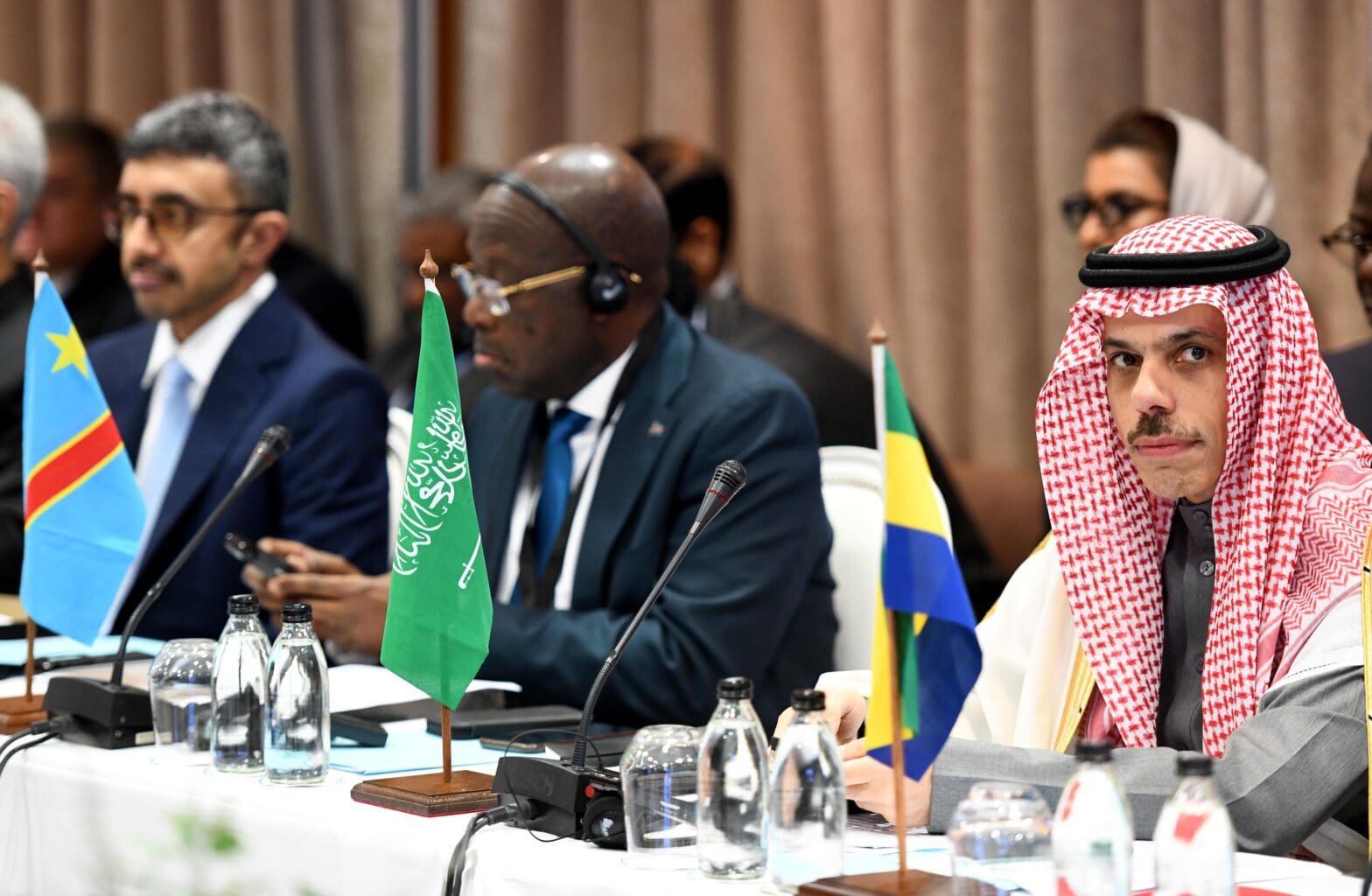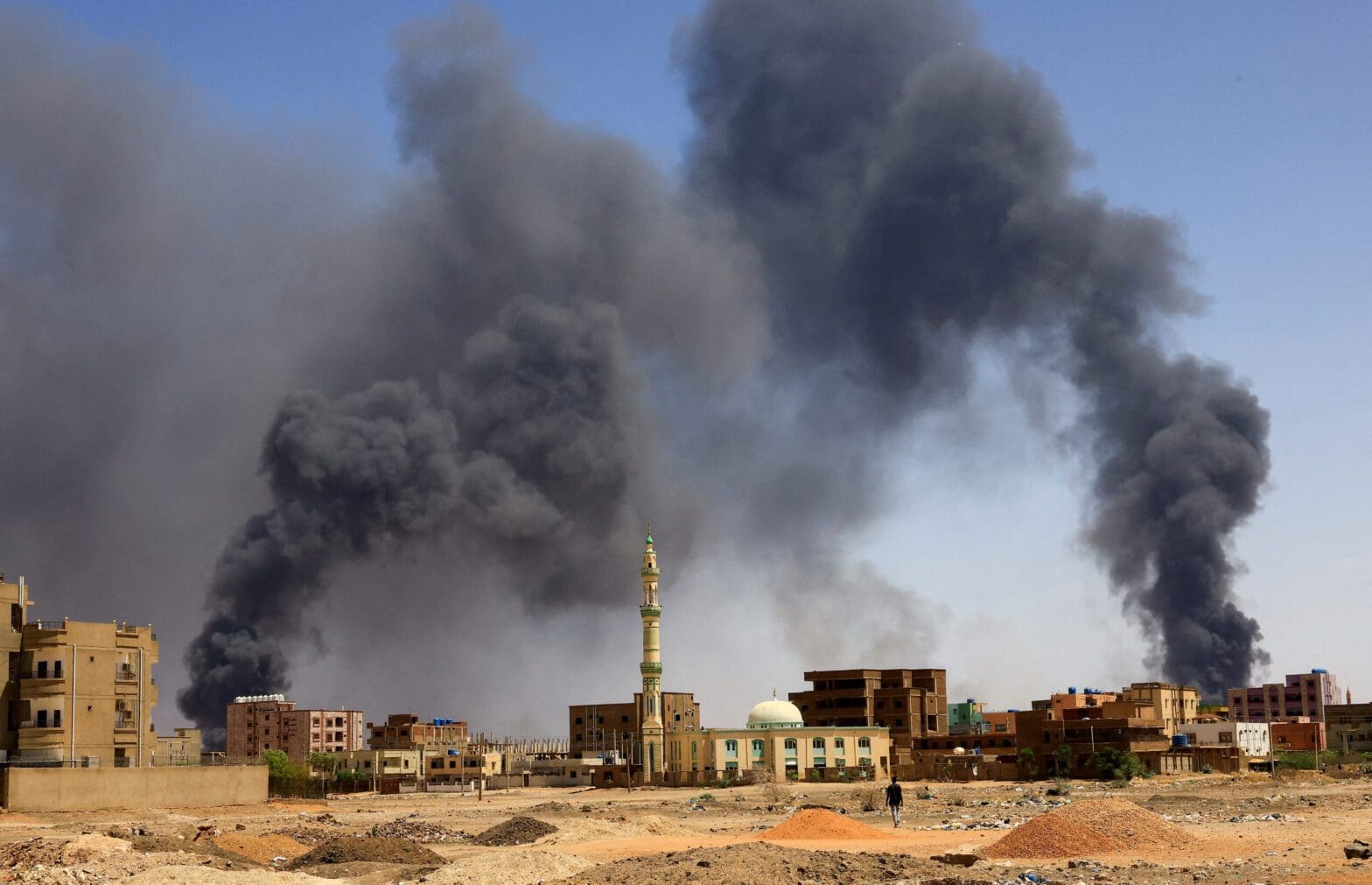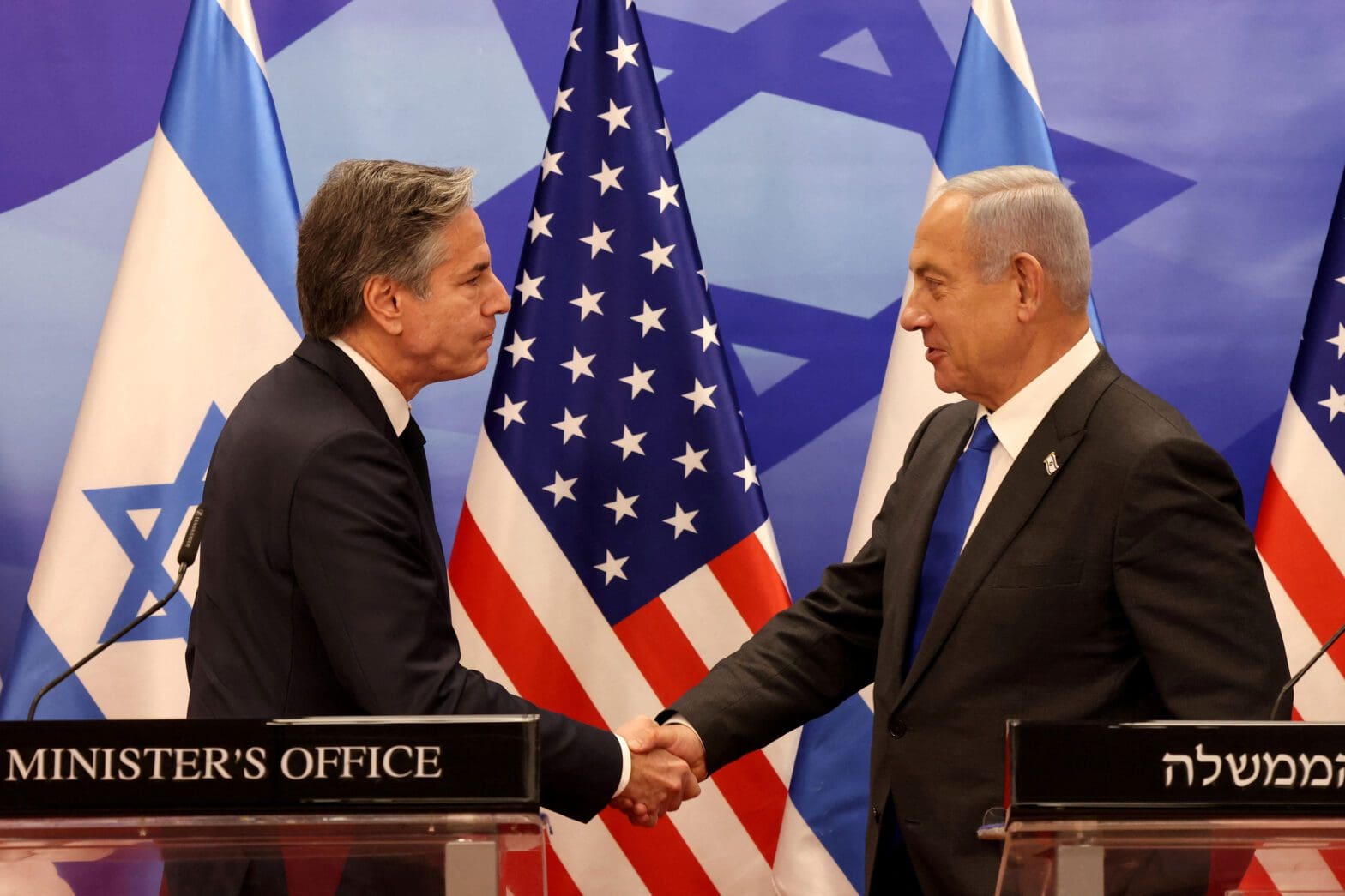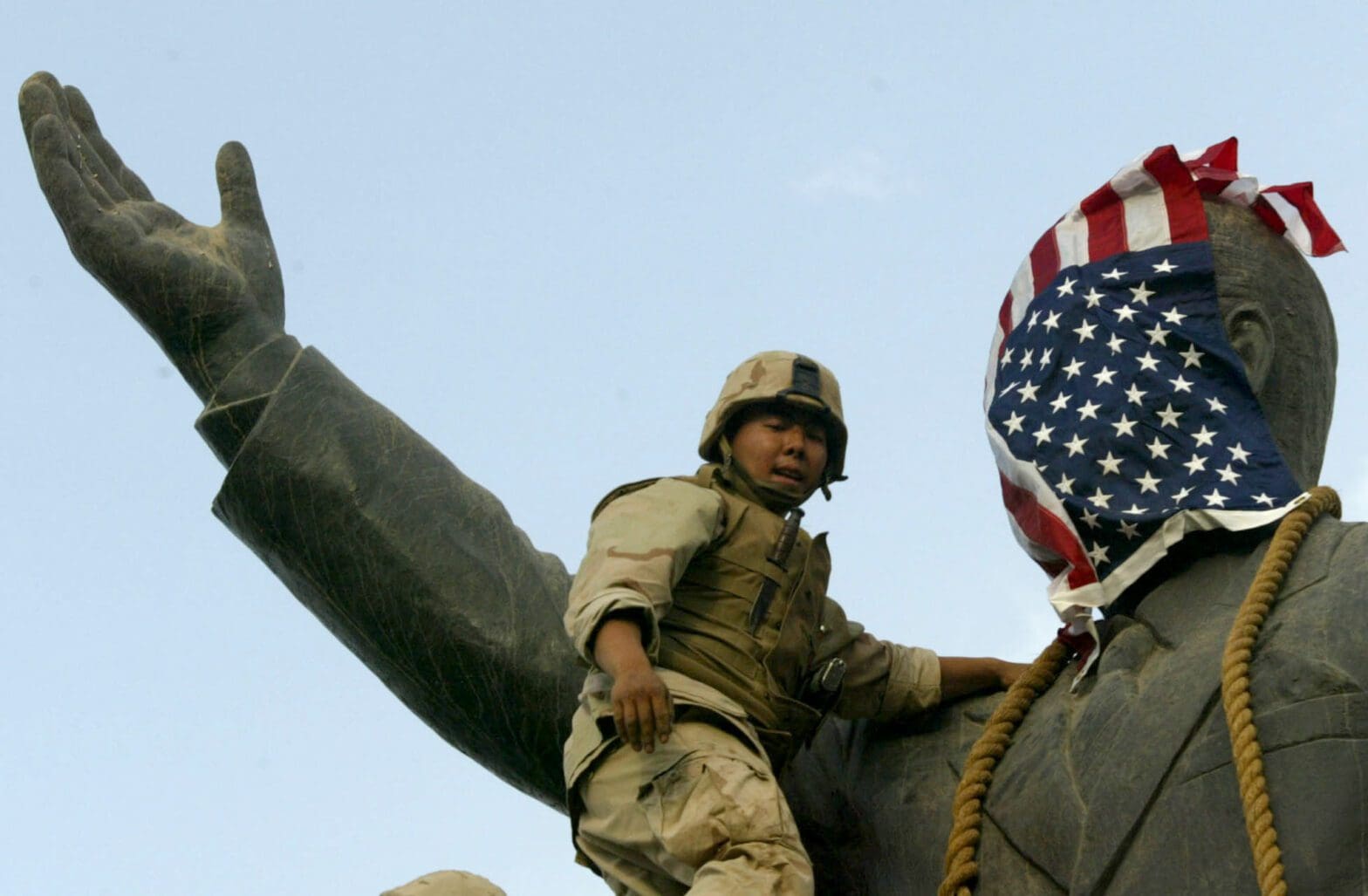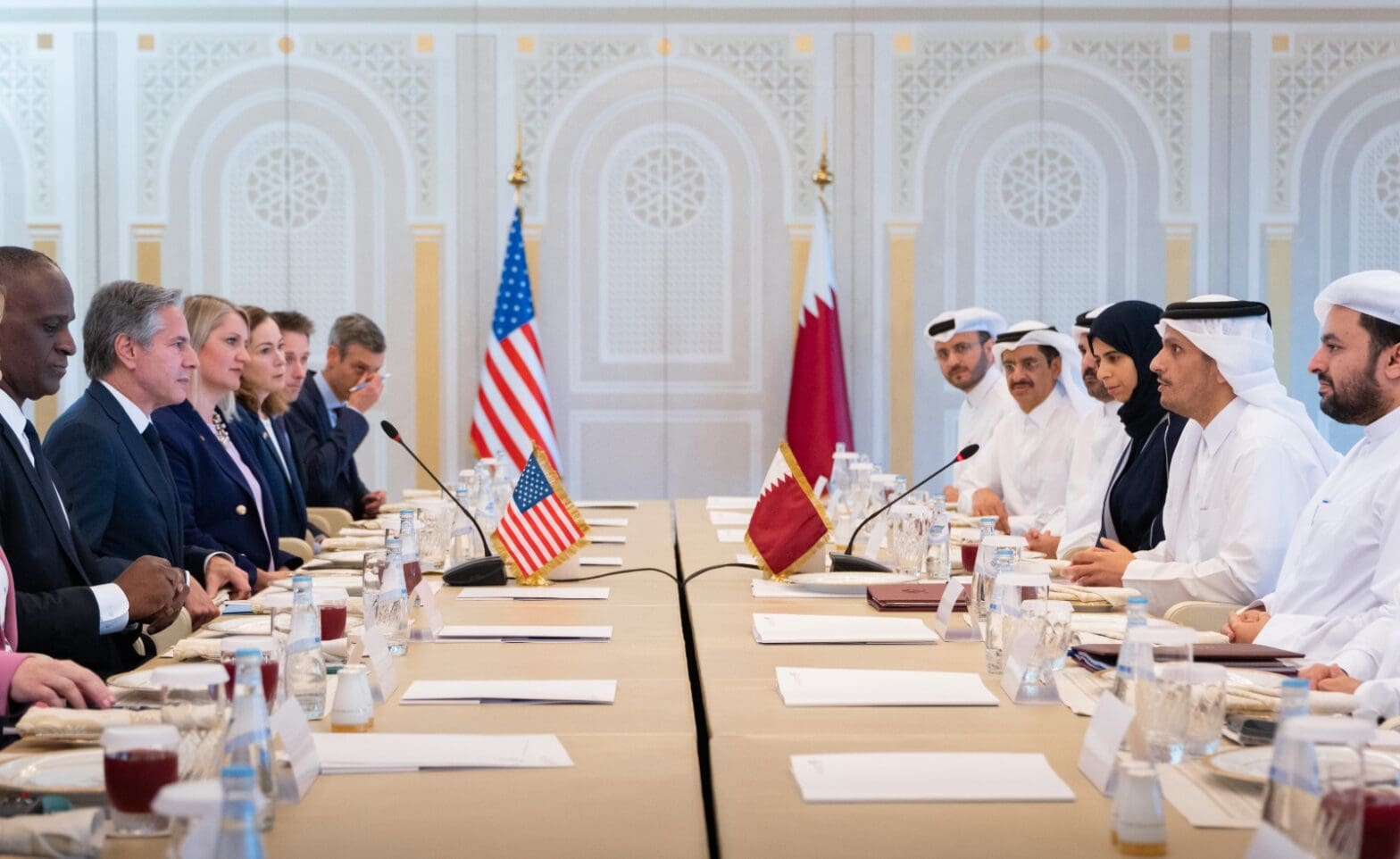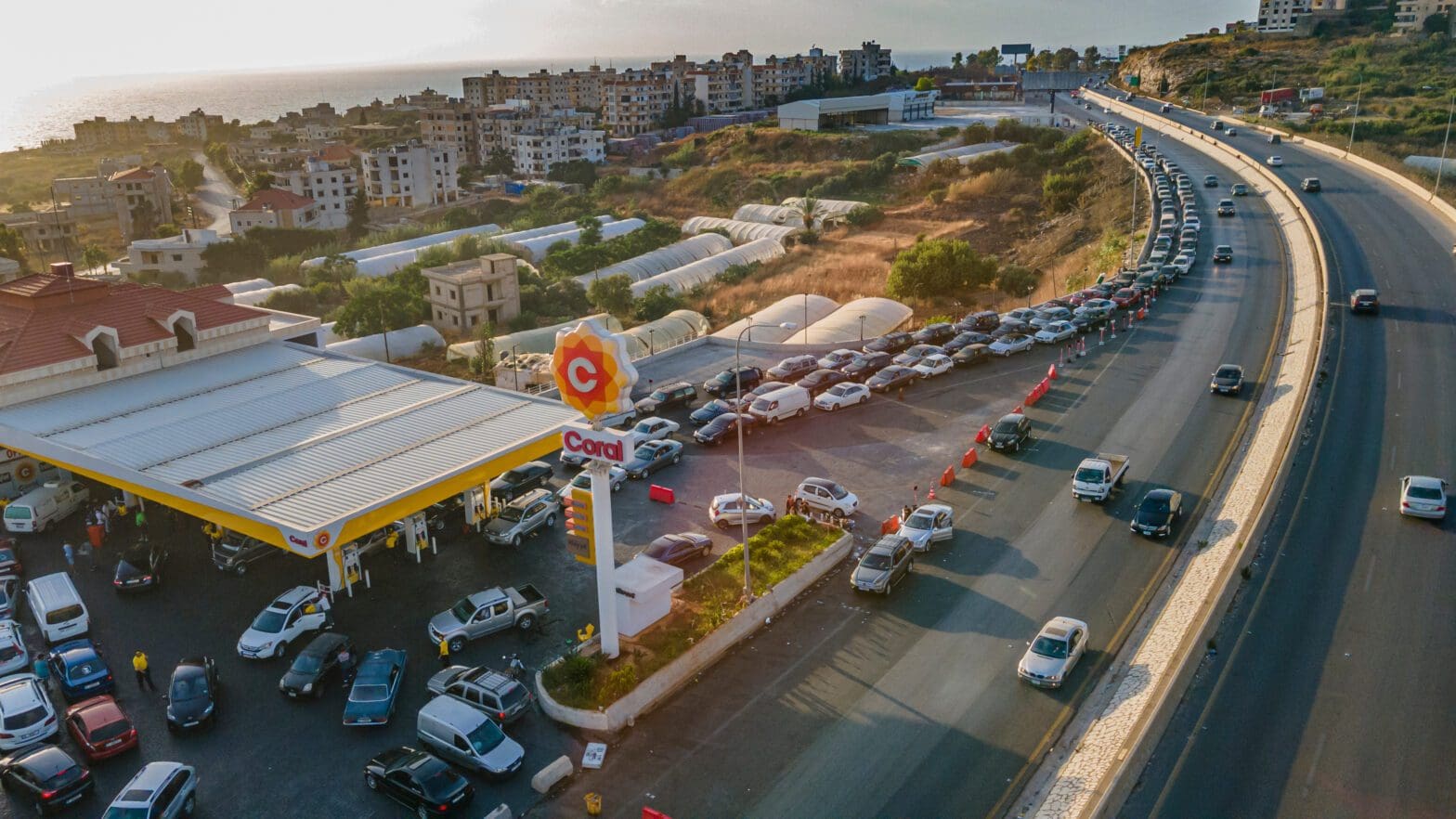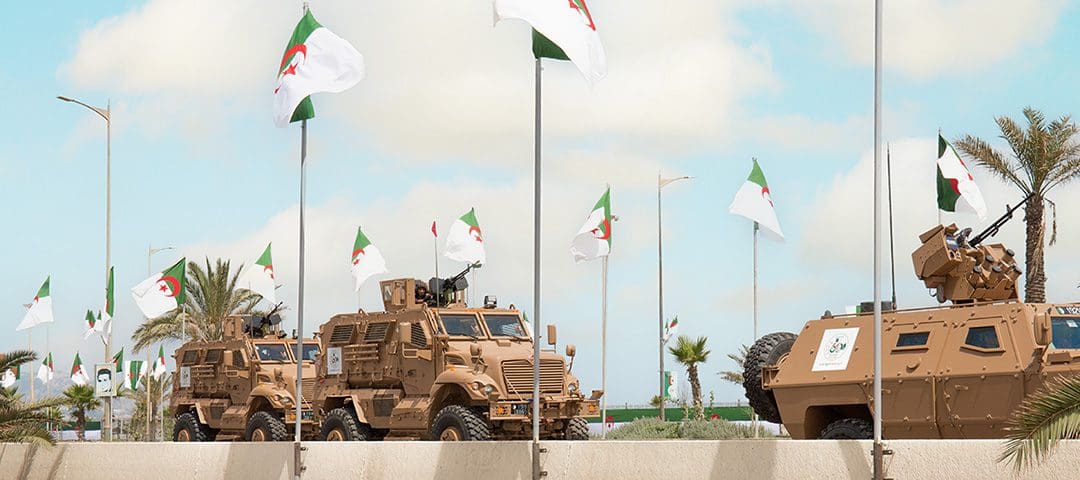With the December collapse of the Assad regime in Syria, 2024 came to a close in a dramatic and region-altering fashion. This, along with the numerous other major trend lines and points of conflict, likely makes 2025 a year that will be significant in reshaping the region’s future. Looking forward to what may be coming,… Continue reading MENA Outlook for 2025
Afkar Issue: U.S. Foreign Policy
Trump Must Focus on Rebuilding a War-Torn Middle East
U.S. President-elect Donald Trump has become the first Republican candidate in 20 years to win the popular vote. His historic win hands him control of the Senate, Congress and the Republican party, along with a strongly conservative-leaning Supreme Court. How will this power be deployed? If we take Trump’s election rhetoric literally, his “Maganomics” agenda will be… Continue reading Trump Must Focus on Rebuilding a War-Torn Middle East
Trump 2.0 and the Gulf’s Strategic Future
President-elect Donald Trump’s first term in office reshaped U.S.-Gulf relations. His approach focused on cultivating personal bonds with leaders of Gulf Cooperation Council (GCC), signing massive arms deals, and for the most part not touching human rights issues. Gulf statesmen mostly welcomed this approach, which provided immediate defense assurances without challenging their sovereignty. However, with… Continue reading Trump 2.0 and the Gulf’s Strategic Future
Trump’s Return and Implications for the Middle East
On November 6, within hours of closing the polls, Donald Trump was declared the winner of the 2024 presidential election in the United States, defeating Vice President Kamala Harris by a wide margin. Trump’s remarkable triumph, which will return him to the White House after his defeat to Joe Biden in 2020, comes at a… Continue reading Trump’s Return and Implications for the Middle East
A Region Under Fire
Editor’s Note: There Are No Winners Here Omar H. Rahman, Fellow and Editor of Afkār, Middle East Council on Global Affairs The Israeli-Palestinian conflict did not begin on October 7, 2023. Decades of military occupation, colonial land theft and systemic deprivation had already pushed Palestinians into a state of constant struggle, laying the groundwork… Continue reading A Region Under Fire
Can China and the U.S. Cooperate in the Middle East?
Cooperation between China and the United States in the Middle East has become a common topic of discussion between academics and experts these days. The two great powers have vested interests in the region that are jeopardized by its chronic instability and the growing threat of regional war. Cooperation between the two should be a… Continue reading Can China and the U.S. Cooperate in the Middle East?
Trump Redux Could Bring in the Law of Unintended Consequences
One hundred days ahead of elections in November, former U.S. president Donald Trump is polling strongly despite the emergence of Vice President Kamala Harris as the Democrat candidate. What would the implications be for us in the Gulf and around the world of a Trump presidency redux? From public statements and his record in the… Continue reading Trump Redux Could Bring in the Law of Unintended Consequences
Gaza War Creates Dilemmas for Bahrain’s Leadership
Four years ago this month, Bahrain joined its ally the United Arab Emirates (UAE) in formalizing diplomatic relations with Israel. After signing the Abraham Accords at the White House on September 15, 2020, Bahrain and Israel opened embassies, signed numerous bilateral agreements, established business contacts and launched direct commercial travel. Yet Bahrain, like other Arab… Continue reading Gaza War Creates Dilemmas for Bahrain’s Leadership
Biden vs Harris on the Middle East: Same dance, different steps
The 2024 US election year has been one of the most tumultuous on record. The past two months have seen a shockingly lacklustre performance from President Joe Biden on the debate stage and his subsequent withdrawal from the ticket, an assassination attempt on former President and current Republican nominee Donald Trump, and the elevation of Vice President… Continue reading Biden vs Harris on the Middle East: Same dance, different steps
How Big a Role Will Gaza Play in the U.S. Election?
One of the great ironies of American politics is that despite the country’s immense power and influence in the world, U.S. foreign policy and international affairs hardly factor into the calculus of most American voters. The 2024 presidential race may be different, however. Since October 7, 2023, the Hamas-led attack on Israel, and Israel’s catastrophic… Continue reading How Big a Role Will Gaza Play in the U.S. Election?
To Strengthen the Palestinian Authority, Stabilize Its Finances
As Israel carries out the latest stage of its devastating military assault on Gaza in the southern city of Rafah, pressure has mounted on its relationship with the United States. Yet it is in the West Bank where the Biden administration’s stalwart support for Israel’s right-wing government may face its most difficult test. A recent… Continue reading To Strengthen the Palestinian Authority, Stabilize Its Finances
The Importance of Diplomacy: How Qatari Mediation is Impacting Gaza
The ongoing Gaza war has showcased Qatar’s strengths as a mediator. Although Doha may not appear to be a major international player at first glance, it has nonetheless proven to be an invaluable actor in the United States’ attempts to end the war. Despite its small size and population, Qatar plays an outsized role… Continue reading The Importance of Diplomacy: How Qatari Mediation is Impacting Gaza
A Succession of Coups Leaves the Sahel Prey to International Rivalries
When Niger’s military rulers decided to put an end to the presence of American armed forces on the country’s territory in May, the move was met with dismay in Washington. Niger, in the heart of the Sahel region south of the Sahara Desert, is host to two major bases the United States had long used… Continue reading A Succession of Coups Leaves the Sahel Prey to International Rivalries
The Middle East in the Wake of October 7: Interview with Tarik M. Yousef Marking 100 Afkār Posts
We at Afkār are delighted to announce that we have reached a new milestone, our 100th post! To mark the occasion, we have recorded and transcribed a special interview with the Director of the Middle East Council on Global Affairs, Tarik M. Yousef. The in-depth interview was conducted by our editor, Omar H. Rahman, and… Continue reading The Middle East in the Wake of October 7: Interview with Tarik M. Yousef Marking 100 Afkār Posts
Washington’s Dilemma over Hamas in Qatar
“Tell Hamas that they must deliver on a hostage and ceasefire deal that would halt the war in Gaza or risk getting kicked out of the Qatari capital of Doha.” That was U.S. Secretary of State Antony Blinken’s message to Qatar in early March, according to a report by CNN five months into Israel’s war… Continue reading Washington’s Dilemma over Hamas in Qatar
Genocidal Starvation in Gaza and the Responsibility of Third-Party States
The extraordinary scene of U.S. military cargo planes dropping 38,000 ready-to-eat meals to beleaguered and malnourished Palestinians in the Gaza Strip, while 2,000 aid trucks queued, stranded, outside the Rafah border crossing with Egypt, recently underscored the desperate plight of Gaza’s civilians and the world’s willful failure to help them. The airdrop represented a tiny… Continue reading Genocidal Starvation in Gaza and the Responsibility of Third-Party States
Regional Diplomacy Amid the War in Gaza
Over the past four months, Middle Eastern nations have been dismayed by the near-unconditional support from Western governments to Israel as it has bombarded and besieged the Gaza Strip and is now ramping up an assault on Rafah—a sliver of territory where more than a million displaced civilians have gathered. As a result, some have… Continue reading Regional Diplomacy Amid the War in Gaza
US in the Red Sea: Security Concerns or Power Play?
The waters of the Red Sea are heating up. In recent weeks, the United States has intensified efforts to clamp down on actions taken by the Houthis, a Yemen-based movement otherwise known as Ansar Allah, to disrupt maritime shipping believed to be connected to Israel as a retaliation for its near-total destruction of the Gaza… Continue reading US in the Red Sea: Security Concerns or Power Play?
Gaza and Its Impact Three Months On – Council Views
Israel’s military campaign in Gaza is entering its fourth month with no end in sight and with the most devastating consequences imaginable for the 2.2 million Palestinian civilians living there, for which Israel is now facing charges of genocide at the International Court of Justice. The effects of this are also being felt well beyond… Continue reading Gaza and Its Impact Three Months On – Council Views
Washington Must Do More to Tackle West Bank Settler Violence
While the world’s attention has rightly been focused on the tragedy underway in Gaza, another deadly drama has been playing out nearby in the occupied West Bank. Since October 7, Jewish settlers have significantly escalated violent attacks against Palestinians, displacing hundreds from their villages and claiming more land for Israel. In the first month and… Continue reading Washington Must Do More to Tackle West Bank Settler Violence
Myth-Makers Cannot Hide Palestine’s Truth
The latest round of the Palestine-Israel conflict has lasted more than three weeks and, judging by the reluctance on the Israeli side for a truce, will continue for a long time. Despite the uncertainties of the endgame, the implications are already visible, one of which is that the Palestine issue has come back to the… Continue reading Myth-Makers Cannot Hide Palestine’s Truth
Qatar’s Next Diplomatic Step in Latin America?
Qatar has garnered significant global attention for its role in negotiating the release of hostages held by Hamas after its attack on Israel on October 7. The Gulf state’s recent mediation efforts have also extended beyond the borders of its own region, particularly in Latin America where its economic and diplomatic channels are widening. On… Continue reading Qatar’s Next Diplomatic Step in Latin America?
Hamas’ “Al-Aqsa Flood” Will Leave Nothing Untouched
*Editor’s note: At the time of publication, only 100 Israelis were reported to have been killed. This number would rise to 1,139. In the early morning hours of October 7, scores of Hamas fighters launched a dramatic and unprecedented land, air and sea attack on Israel. Coming a day after the 50th anniversary of… Continue reading Hamas’ “Al-Aqsa Flood” Will Leave Nothing Untouched
Mediating Multipolarity: Qatar’s Role in U.S.-Venezuela Negotiations
In June, Qatar hosted secret talks between Venezuela and the United States. Doha has an extensive track record of assisting the United States in sensitive negotiations, including a recent prisoner swap with Iran and U.S.-Taliban backchanneling. Qatar’s emergence as a mediator in Venezuela has filled a void left by the Union of South American Nations (UNASUR) and other regional… Continue reading Mediating Multipolarity: Qatar’s Role in U.S.-Venezuela Negotiations
MENA States’ Assertive Approach in the Era of Emerging Multipolarity
As American dominance of the Middle East and North Africa wanes and other world powers step up their efforts to win friends and influence there, long-time U.S. allies are becoming more assertive towards Washington and recalibrating their other ties to better secure their own interests. The growing U.S.-China strategic rivalry will profoundly impact the region… Continue reading MENA States’ Assertive Approach in the Era of Emerging Multipolarity
Sudan Conflict: Regional Implications – Council Views
The eruption of violent conflict in Sudan on April 15 has cast the country into, perhaps, the darkest period yet in its five-year transition toward civilian rule, which began with nationwide protests in 2018 and the toppling of Omar al-Bashir a year later, after three decades in power. The recent outbreak of fighting between the… Continue reading Sudan Conflict: Regional Implications – Council Views
Biden’s Strategic Neglect of Palestine is Bound to Backfire
Since the start of its term, the administration of U.S. President Joe Biden has been reluctant to engage substantively with the Israeli-Palestinian issue. Instead, it has focused its limited efforts on perpetuating the status quo, on the pretext that circumstances are not conducive to initiatives to change it. What can be described as a policy… Continue reading Biden’s Strategic Neglect of Palestine is Bound to Backfire
The Iraq War 20 Years On – Council Views
Still No U.S. Accountability Adel Abdel Ghafar The 2003 U.S. invasion of Iraq was a terrible calamity, unleashing disastrous consequences that continue to reverberate across the Middle East. First and foremost, the war resulted in the deaths of an estimated 300,000 Iraqis and the displacement of millions. Saddam Hussein’s regime was brutal, and the legacy… Continue reading The Iraq War 20 Years On – Council Views
What Can the Next World Cup Hosts Learn from Qatar 2022?
As 2022 drew to a close, the sporting world relished in a riveting FIFA World Cup full of historical firsts. Going forward, policymakers have a chance to reflect on the lessons learned from the organization of that event, which was the first time it was held in the Middle East. With the United States, Mexico,… Continue reading What Can the Next World Cup Hosts Learn from Qatar 2022?
MENA Outlook 2023 – Council Views
In various ways, 2022 was arguably a positive year in much of the Middle East and North Africa (MENA) region. The COVID-19 pandemic subsided in many states and the intensity of violence ebbed in several conflict zones. Competition between regional powers receded and gave way to an increase in diplomacy and rapprochement. However, with a… Continue reading MENA Outlook 2023 – Council Views
For Nations Abroad, U.S. Midterm Elections Are of Increasing Importance
The elections held in the United States on November 8 were billed as the most crucial midterms in a generation. In a country deeply divided along ideological and party lines, the implications of such polls go well beyond domestic affairs. Polarization at home is seeping into Washington’s policy abroad, meaning that even congressional polls, once… Continue reading For Nations Abroad, U.S. Midterm Elections Are of Increasing Importance
Why the U.S. Congressional Effort to Pressure Algeria on Russia Could Backfire
In a letter addressed to United States Secretary of State Antony Blinken on September 29, U.S. Congresswoman Lisa McClain (R-MI) and 26 of her colleagues called for imposing sanctions on Algeria through the Countering America’s Adversaries Through Sanctions Act (CAATSA). The move is ostensibly connected to the war in Ukraine and the intensifying competition between… Continue reading Why the U.S. Congressional Effort to Pressure Algeria on Russia Could Backfire

